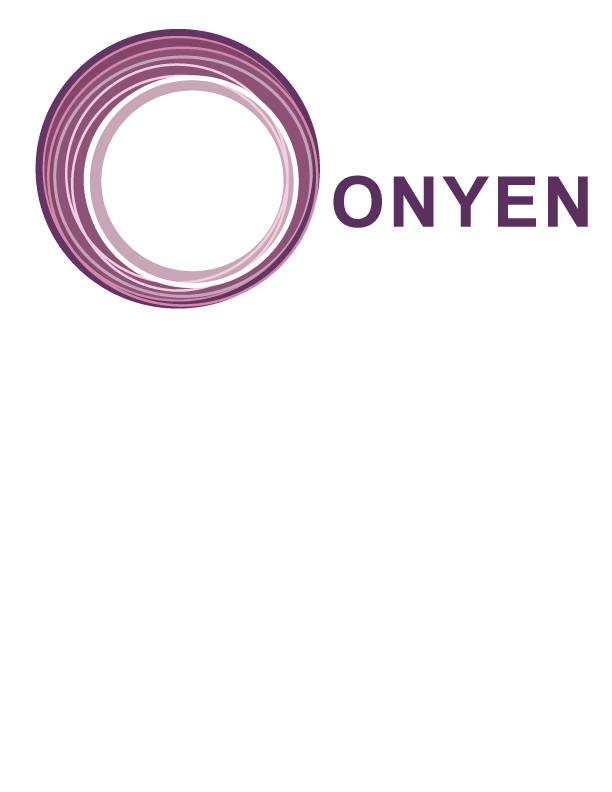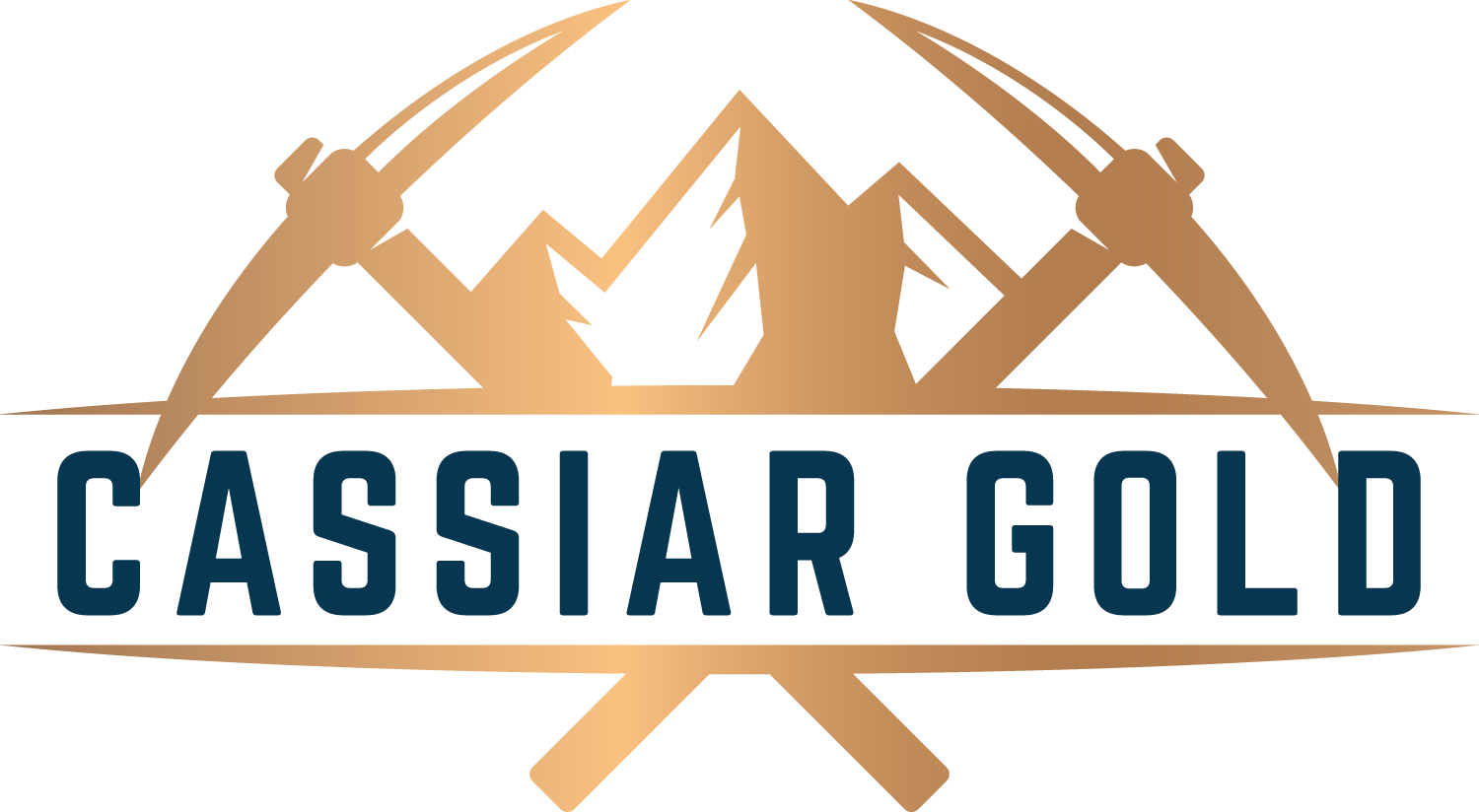 |
|||||||||||||||||||||||
|
|||||||||||||||||||||||
| Published on July 21, 2022 | |||||||||||||||||||||||
|
Cassiar Gold Corp. is a Canadian gold exploration company holding a 100% interest in its flagship Cassiar Gold Property located in British Columbia, Canada. The Cassiar Gold property spans 590 km2 and consists of two main project areas: Cassiar North, which hosts a NI 43-101-compliant inferred resource estimate of 1.4Moz at 1.14 g/t Au (cutoff grade of 0.5 g/t) known as the as the Taurus Deposit (see National Instrument 43-101 Technical report on the Cassiar Gold property, April 28, 2012, by S. Zelligan, J. Moors, C. Jolette, posted to SEDAR); and Cassiar South which hosts numerous gold showings, historical workings, and exploration prospects. Historical underground mines in the Cassiar South area have yielded over 315,000 oz of Au at average head grades of between 10 and 20 g/t Au (BC Minfile), underscoring the high potential for further discovery and expansion of bonanza-grade orogenic gold veins. The Company also holds a 100% interest in the Sheep Creek gold camp located near Salmo, BC. The Sheep Creek gold district ranks as the third largest past-producing orogenic gold district in BC with historical gold production of 742,000 ounces gold at an average grade of 14.7 g/t gold from 1900 to 1951. Minimal exploration work has been conducted since the 1950s. We aim to continue to expand our company and scope of work to align with the goals of our assets, while maintaining our high standards for environmental stewardship, and strong community relationships. We realize that as the company develops our consumption will likely increase, but we are striving to do so in the most efficient way possible. |
|||||||||||||||||||||||
| Disclaimer and Forward Looking Statements | |||||||||||||||||||||||
| Company Profile | |||||||||||||||||||||||
| Organizational Profile | |||||||||||||||||||||||
| Name | Cassiar Gold Corp. | ||||||||||||||||||||||
| Describe nature of activities, brands, products and services |
Cassiar Gold Corp is a Canadian exploration company focused on the exploration of its two gold projects in British Columbia — the Cassiar Gold and the Sheep Creek Gold projects. |
||||||||||||||||||||||
|
The Cassiar Gold project has upside potential for both bulk-tonnage in the Cassiar North area and high-grade gold targets in the Cassiar South area. It hosts several past-producing high-grade gold mines that target the high- grade quartz vein mineralization (>15 g/t gold). Past production from the property is estimated to be >350,000 oz gold, with most of it extracted from the high-grade quartz veins. The project also has a NI 43-101-compliant resource estimate of 1 Moz gold at 1.43 g/t gold at its Taurus bulk-tonnage gold deposit published in September 2019. The Sheep Creek Gold Project is an underexplored, orogenic gold project located in southern British Columbia within the Sheep Creek Mining District, which is third among the largest past-producing orogenic gold districts in BC. The historical gold production (1900-1951) in the area was estimated at 785,000 oz gold at an average grade of 14.4 g/t gold. Cassiar Gold has consolidated the claims in this district for the first time ever, to allow systematic, modern exploration of the identified 10-km long prospective belt. We aim to continue to expand our company and scope of work to align with the goals of our assets, while maintaining our high standards for environmental stewardship, and strong community relationships. We realize that as the company develops our consumption will likely increase, but we are striving to do so in the most efficient way possible. |
|||||||||||||||||||||||
| Link to Corporate Website | https://cassiargold.com/ | ||||||||||||||||||||||
| Industry Classification |
NAICS: 21222 Gold and silver ore mining |
||||||||||||||||||||||
| Market Capitalization | $0-$100Million USD | ||||||||||||||||||||||
| Type of Operations | Exclusively non-producing operations | ||||||||||||||||||||||
| Company Headquarters | Calgary, Canada | ||||||||||||||||||||||
| Link to company's statements of: Purpose, Vision, Mission and Values; Sustainability/ESG strategy; previously published Sustainability/ESG performance or reports. (URL) | |||||||||||||||||||||||
| ESG Accountability | |||||||||||||||||||||||
| Role and Name of highest authority within company for Environment, Social and Governance strategy, programs and performance. | Marco Roque, CEO | ||||||||||||||||||||||
| ESG Reporting Period | |||||||||||||||||||||||
| Unless otherwise noted, all data contained in this report covers the following period: | |||||||||||||||||||||||
| From | 2021-01-01 | ||||||||||||||||||||||
| To | 2021-12-31 | ||||||||||||||||||||||
| Geographic Scope of Report | |||||||||||||||||||||||
| Unless otherwise noted, the data in this report covers ESG matters related to the following locations of operations | Canada | ||||||||||||||||||||||
 |
|||||||||||||||||||||||
| Geographic Location of Projects | |||||||||||||||||||||||
| Identify notable exclusions, and reference any existing or planned reports that do or will address these (e.g, assets recently divested or acquired, non-managed joint ventures, specific exploration activities, recently closed sites, etc.) |
This report does not contain any notable exclusions. |
||||||||||||||||||||||
| Fragile and Conflict-Affected Situations | |||||||||||||||||||||||
| Identify all of the entity's countries of operations that align with the World Bank's list of "Fragile and Conflict-Affected Situations" | None | ||||||||||||||||||||||
| Business Operations Scope of Report | |||||||||||||||||||||||
| Identify notable exclusions, and reference any existing or planned reports that do or will address these (e.g, assets recently divested or acquired, non-managed joint ventures, specific exploration activities, recently closed sites, etc.) |
This report does not contain any notable exclusions. |
||||||||||||||||||||||
| Mineral Resource Types in Scope | |||||||||||||||||||||||
| Which of the following mineral resource types are covered by this report | Inferred | ||||||||||||||||||||||
| 2022 NI43-101 Report Cassiar Gold Project | |||||||||||||||||||||||
| Mineral Reserve Types in Scope | |||||||||||||||||||||||
| Which of the following mineral reserve types are covered by this report | None | ||||||||||||||||||||||
| Currency | |||||||||||||||||||||||
| Unless otherwise noted, all financial figures referenced in this report are in the following currency | CAD | ||||||||||||||||||||||
| Audit Status | |||||||||||||||||||||||
| Identify the degree to which any inputs of the report are third-party checked: | Self-Declared | ||||||||||||||||||||||
| Organizational Profile | |||||||||||||||||||||||
| Provide a list of externally-developed economic, environmental and social charters, principles, or other initiatives to which the organization subscribes, or which it endorses, e.g., GRI, UN Global Compact |
Cassiar Gold is aligned with the following reporting standards: CDP - Carbon Disclosure Project GRI - Global Reporting Initiative GRI Comprehensive - Global Reporting Initiative - Comprehensive GRI Core - Global Reporting Initiative - Lite GRI MM Supplement - Global Reporting Initiative - Mining and Metals Supplement ICMM - The International Council on Mining and Metals IFC - IFC ISS - ISS ESG Governance Quality Score ONYEN - Institutional and Investor Questions PRI - Principles of Responsible Investing - UN Funded SASB - Sustainability Accounting Standards Board SASB Modified - Sustainability Accounting Standards Board - Modified UGC - UN Global Compact |
||||||||||||||||||||||
| Strategy | |||||||||||||||||||||||
| Provide a statement from the most senior decision-maker of the organization (i.e., CEO, chair, or equivalent senior position) about the relevance of sustainability to the organization and its strategy for addressing sustainability (CEO's message for this report) | Please refer to the attached CEO statement. | ||||||||||||||||||||||
 |
 |
||||||||||||||||||||||
| CEO Statement | |||||||||||||||||||||||
| Marco Roque, CEO | |||||||||||||||||||||||
| Provide a description of key impacts, risks, and opportunities, |
Our Cassiar and Sheep Creek assets are brownfield properties. Cassiar Gold has implemented closure plans for existing tailings facilities in the Cassiar property. The Sheep Creek property does not contain tailings facilities. In addition, we have developed water management plans due to proximity of the property to freshwater sources. |
||||||||||||||||||||||
| Ethics and Integrity | |||||||||||||||||||||||
| Provide a description of the organization’s values, principles, standards, and norms of behaviour | See attached document and the link below. | ||||||||||||||||||||||
|
Cassiar Gold Code of Ethics and Business Conduct |
|||||||||||||||||||||||
 |
|||||||||||||||||||||||
| Cassiar Gold Vision and Values Statement | |||||||||||||||||||||||
| Environment | |||||||||||||||||||||||
| Compliance | |||||||||||||||||||||||
| a. Report fines and non-monetary sanctions for non-compliance with environmental laws and/or regulations in terms of: | |||||||||||||||||||||||
| i. Total monetary value of significant fines | 0 | ||||||||||||||||||||||
| ii. Total number of non-monetary sanctions | 0 | ||||||||||||||||||||||
| iii. Cases brought through dispute resolution mechanisms | 0 | ||||||||||||||||||||||
| b. If the organization is in compliance with environmental laws and/or regulations, a brief statement if this fact is sufficient |
In 2021, Cassiar Gold was in full compliance of all applicable environmental laws and/or regulations. |
||||||||||||||||||||||
| Greenhouse Gas Emissions | |||||||||||||||||||||||
| Scope 1 | |||||||||||||||||||||||
| For your operations, disclose the gross global Scope1 greenhouse gas (GHG) emissions to the atmosphere of the seven GHGs covered under the Kyoto Protocol (tonne CO₂-e): | |||||||||||||||||||||||
| Carbon dioxide (CO₂) (tonne CO₂-e) | 343.889 | ||||||||||||||||||||||
| Methane (CH₄) (tonne CO₂-e) | 0 | ||||||||||||||||||||||
| Nitrous oxide (N₂O) (tonne CO₂-e) | 0 | ||||||||||||||||||||||
| Hydrofluorocarbon-23 (CHF₃) (tonne CO₂-e) | 0 | ||||||||||||||||||||||
| Hydrofluorocarbon-32 (CH₂F₂) (tonne CO₂-e) | 0 | ||||||||||||||||||||||
| Sulphur hexafluoride (SF₆) (tonne CO₂-e) | 0 | ||||||||||||||||||||||
| Nitrogen trifluoride (NF₃) (tonne CO₂-e) | 0 | ||||||||||||||||||||||
| Perfluoromethane (CF₄) (tonne CO₂-e) | 0 | ||||||||||||||||||||||
| Perfluoroethane (C₂F₆) (tonne CO₂-e) | 0 | ||||||||||||||||||||||
| Perfluorobutane (C₄F₁₀) (tonne CO₂-e) | 0 | ||||||||||||||||||||||
| Perfluorohexane (C₆F₁₄) (tonne CO₂-e) | 0 | ||||||||||||||||||||||
| The total amount of gross global Scope 1 GHG emissions (CO₂-e) (tonne) | 343.889 | ||||||||||||||||||||||
| The percentage of its gross global Scope 1 GHG emissions that are covered under an emissions-limiting regulation or program that is intended to directly limit or reduce emissions, such as cap-and-trade schemes, carbon tax/fee systems, and other emissions control (e.g., command-and-control approach) and permit-based mechanisms. | 100.0000% | ||||||||||||||||||||||
| The entity shall discuss its long-term and short-term strategy or plan to manage its Scope 1 greenhouse gas (GHG) emissions. |
As an exploration company, Cassiar Gold's GHG emissions are currently not a material issue. |
||||||||||||||||||||||
| Intensity Ratio | |||||||||||||||||||||||
| The total amount of gross global Scope 1 GHG emissions (CO₂-e) (tonne) | 343.889 | ||||||||||||||||||||||
| Carbon Offset | |||||||||||||||||||||||
| Credits | |||||||||||||||||||||||
| How much CO₂ (metric tonnes) offset credits were purchased? | 0 | ||||||||||||||||||||||
| What is the percentage of the offset to the total CO₂ equivalence? | 0.0000% | ||||||||||||||||||||||
| Air Emissions | |||||||||||||||||||||||
| Report emissions of air pollutants that are released into the atmosphere: | |||||||||||||||||||||||
| Emissions of carbon monoxide, reported as CO (tonne) | 0 | ||||||||||||||||||||||
| Emissions of oxides of nitrogen (NOx), reported as NOx (tonne) | 0 | ||||||||||||||||||||||
| Emissions of oxides of sulphur (SOx), reported as SOx (tonne) | 0 | ||||||||||||||||||||||
| Emissions of Particulate Matter 10 micrometres or less in diameter (PM₁₀), reported as PM₁₀ (tonne) | 0 | ||||||||||||||||||||||
| Emissions of lead and lead compounds, reported as Pb (tonne) | 0 | ||||||||||||||||||||||
| Emissions of mercury and mercury compounds, reported as Hg (tonne) | 0 | ||||||||||||||||||||||
| Emissions of non-methane Volatile Organic Compounds (VOCs) (tonne) | 0 | ||||||||||||||||||||||
| Energy Management | |||||||||||||||||||||||
| Total energy consumed in aggregate, in gigajoules (GJ) (hydrocarbons and electricity) including the fuel types used (e.g., biomass, hydro-electric power or bioenergy) | 504.66 | ||||||||||||||||||||||
|
The energy is being provided by BC Hydro, and currently produced using diesel-powered generators |
|||||||||||||||||||||||
| Percentage energy consumed that was supplied by grid electricity | 19.8153% | ||||||||||||||||||||||
| Percentage of energy consumed that is renewable energy | 0.0000% | ||||||||||||||||||||||
| Water | |||||||||||||||||||||||
| Efficiency | |||||||||||||||||||||||
| Proportion of water reused and recycled by the site to reduce the overall consumptive water demand: | Does Not Apply | ||||||||||||||||||||||
|
In 2021, due to the minimal amount of water consumed, Cassiar Gold did not monitor its water consumption. The company will monitor and report water consumption in its 2022 ESG report. |
|||||||||||||||||||||||
| Water Management | |||||||||||||||||||||||
| Disclose the freshwater withdrawn in locations with High or Extremely High Baseline Water Stress as a percentage of the total water withdrawn | Does Not Apply | ||||||||||||||||||||||
|
Cassiar Gold does not conduct activities in any area of high or extremely high baseline water stress. |
|||||||||||||||||||||||
| Was your organization subject to any fines, enforcement orders, and/or other penalties for water-related regulatory violations | No | ||||||||||||||||||||||
| Total number of instances of non-compliance, including violations of a technology-based standard and exceedances of quality-based standards. | 0 | ||||||||||||||||||||||
| Water and Effluents | |||||||||||||||||||||||
| Water Consumption | |||||||||||||||||||||||
| Report the total water consumption from all areas in megaliters | |||||||||||||||||||||||
| Report the total water consumption from all areas with water stress in megaliters | 0 | ||||||||||||||||||||||
| Waste Management | |||||||||||||||||||||||
| Total amount of tailings waste generated from mining activities by the entity during the reporting period (tonne) | 0 | ||||||||||||||||||||||
|
Cassiar Gold is an exploration company, as such, it does not generate tailings waste from mining activities. |
|||||||||||||||||||||||
| Tailings impoundments according to the following U.S. Mine Safety and Health Administration (MSHA) hazard potential classification: | 2 | ||||||||||||||||||||||
| High hazard potential (number) | 0 | ||||||||||||||||||||||
| Significant hazard potential (number) | 0 | ||||||||||||||||||||||
| Low hazard potential (number) | 2 | ||||||||||||||||||||||
| Tailings Storage Facilities Management | |||||||||||||||||||||||
| Does your company manage Tailings Storage Facilities | Yes | ||||||||||||||||||||||
| Provide an inventory of all talings storage facilities (TSFs): | |||||||||||||||||||||||
| TSF #1: (1) facility name | TA-TSF1 & TA-TSF2 | ||||||||||||||||||||||
| TSF #1: (2) location | Canada | ||||||||||||||||||||||
| TSF #1: (3) ownership status | Owned by Cassiar Gold | ||||||||||||||||||||||
| TSF #1: (4) operational status | Long term care and maintenance | ||||||||||||||||||||||
| TSF #1: (5) construction method | Other, please specify | ||||||||||||||||||||||
| TSF #1: (6) maximum permitted storage capacity | 280000 | ||||||||||||||||||||||
| approximate, in tons | |||||||||||||||||||||||
| TSF #1: (7) current amount of tailings stored | 280000 | ||||||||||||||||||||||
| approximate, in tons | |||||||||||||||||||||||
| TSF #1: (8) consequence classification | Low | ||||||||||||||||||||||
| TSF #1: (9) date of most recent independent technical review | 2021-06-24 | ||||||||||||||||||||||
| TSF #1: (10) material findings | No | ||||||||||||||||||||||
| TSF #1: (11) mitigation measures |
▪ Removing woody vegetation (i.e., trees and shrubs smaller than 25 mm butt diameter) from the crest, the top three meters of sideslopes, and the spillway, ensuring that the roots are pulled out. Some earthfill and compaction may be required if large root bulbs are removed; ▪ Removing woody vegetation (i.e., trees and shrubs greater than 25 mm butt diameter) from the crest, the top three meters of sideslopes, and the spillway, ensuring that the trunks are cut off close to the ground surface and all cut material is removed from the dam. The surfaces should be recompacted, if necessary, after vegetation removal to restore a flat surface; and ▪ Repairing, re-grading and/or backfilling gullies, depressions, rilling, cracking, or similar features where the dam has been distressed, eroded or otherwise damaged. Additional fill should be placed as required to maintain design grades. |
||||||||||||||||||||||
| TSF #1: (12) site-specific EPRP | Yes | ||||||||||||||||||||||
| TSF #2: (1) facility name | TM-TSF 1 & TM-TSF2 | ||||||||||||||||||||||
| TSF #2: (2) location | Canada | ||||||||||||||||||||||
| TSF #2: (3) ownership status | Owned by Cassiar Gold | ||||||||||||||||||||||
| TSF #2: (4) operational status | Long term care and maintenance | ||||||||||||||||||||||
| TSF #2: (5) construction method | Other, please specify | ||||||||||||||||||||||
| TSF #2: (6) maximum permitted storage capacity | 600000 | ||||||||||||||||||||||
| TSF #2: (7) current amount of tailings stored | 600000 | ||||||||||||||||||||||
| approximate, in tons | |||||||||||||||||||||||
| TSF #2: (8) consequence classification | Low | ||||||||||||||||||||||
| TSF #2: (9) date of most recent independent technical review | 2021-06-24 | ||||||||||||||||||||||
| TSF #2: (10) material findings | No | ||||||||||||||||||||||
| TSF #2: (11) mitigation measures |
▪ Removing woody vegetation (i.e., trees and shrubs smaller than 25 mm butt diameter) from the crest, the top three meters of sideslopes, and the spillway, ensuring that the roots are pulled out. Some earthfill and compaction may be required if large root bulbs are removed; ▪ Removing woody vegetation (i.e., trees and shrubs greater than 25 mm butt diameter) from the crest, the top three meters of sideslopes, and the spillway, ensuring that the trunks are cut off close to the ground surface and all cut material is removed from the dam. The surfaces should be recompacted, if necessary, after vegetation removal to restore a flat surface; and ▪ Repairing, re-grading and/or backfilling gullies, depressions, rilling, cracking, or similar features where the dam has been distressed, eroded or otherwise damaged. Additional fill should be placed as required to maintain design grades. |
||||||||||||||||||||||
| TSF #2: (12) site-specific EPRP | Yes | ||||||||||||||||||||||
| Provide a summary of the tailings management systems used to monitor and maintain the structural integrity of tailings facilities and to minimize the risk of a catastrophic failure. |
The following activities are routinely carried out as part of the tailings management system: |
||||||||||||||||||||||
|
Regular maintenance and review of the integrity of the TSFs, annual third-party reviews, adhering to the Operation, Maintenance and Surveillance Manuals and Dam Safety Inspection reports. Water quantity and quality monitoring is also carried out as part of the TSF maintenance, and Water Management Report guidelines are followed. • Complete regular performance monitoring of the TSFs; • Review and interpret water quality data; • Record and report observations from surveillance activities; and • Review the surveillance program on an annual basis, and update as/when required. |
|||||||||||||||||||||||
| Provide summary of tailings management systems and governance structure used to monitor and maintain the stability of tailings storage facilities |
As part of its Tailings Management Plan, Cassiar Gold implements annual visual inspections of its tailings sites and continuous grooming of brush on slopes to maintain structural integrity. |
||||||||||||||||||||||
| Disclose the approach to the development of Emergency Preparedness and Response Plans (EPRPs). | Please refer to the attached documents below. | ||||||||||||||||||||||
 |
 |
||||||||||||||||||||||
| Table Mountain TSF | Taurus TSF | ||||||||||||||||||||||
| Disclose its approach to engagement concerning Emergency Preparedness and Response Plans (EPRPs) at tailings storage facilities, including the preparedness of local stakeholders. | Please refer to the answer above. | ||||||||||||||||||||||
| Innovation | |||||||||||||||||||||||
| Spending on Research, Development, and Technologies for waste management compliance and improvement | $25,000 | ||||||||||||||||||||||
|
Cassiar Gold's investment in 2021 focused on stakeholder consultation as well as evaluating options for tailings recycling and remediation. |
|||||||||||||||||||||||
| Describe nature of spending on Research, Development and Technologies for waste management compliance and improvement |
Since 2018, Cassiar Gold has evaluated the possibility of recycling waste from our non- operating tailings facilities. We will continue to search for potential ways of recycling this waste in the coming years. |
||||||||||||||||||||||
| Biodiversity | |||||||||||||||||||||||
| Management Plan | |||||||||||||||||||||||
| List the environmental and biodiversity management plan(s) implemented at active sites |
The intent of this plan is to ensure that the work conducted by Cassiar Gold is carried out in such a way that it will not cause unnecessary negative impacts to wildlife in the area through the proposed exploration activities associated with the Cassiar Gold Project. |
||||||||||||||||||||||
|
This plan provides strategies and mitigation measures for the ongoing management of wildlife and their habitat in the Project area, including the protection or avoidance of wildlife habitat features and measures to reduce or avoid human-wildlife conflict, and is based on the guiding principles outlined in the Species at Risk Act, Migratory Birds Convention Act, the Wildlife Act, and the Forest and Range Practices Act, in addition to a number of Best Management Practices (BMPs) for specific species (e.g., amphibians and reptiles, migratory birds). The plan is designed to fulfill the guidance provided by provincial and federal statutes, BMPs, and the information requirements for the Mines Act permits. The plan provides environmentally responsible, realistic, and operationally feasible guidance for wildlife management. Monitoring for the endangered Little Brown Bat has been carried out within the scope of the company's Reclamation and Closure Plans for historic portals on site. No evidence of the bats was found, indicating that permanent closure by backfilling is viable for these portals. See document attached. |
|||||||||||||||||||||||
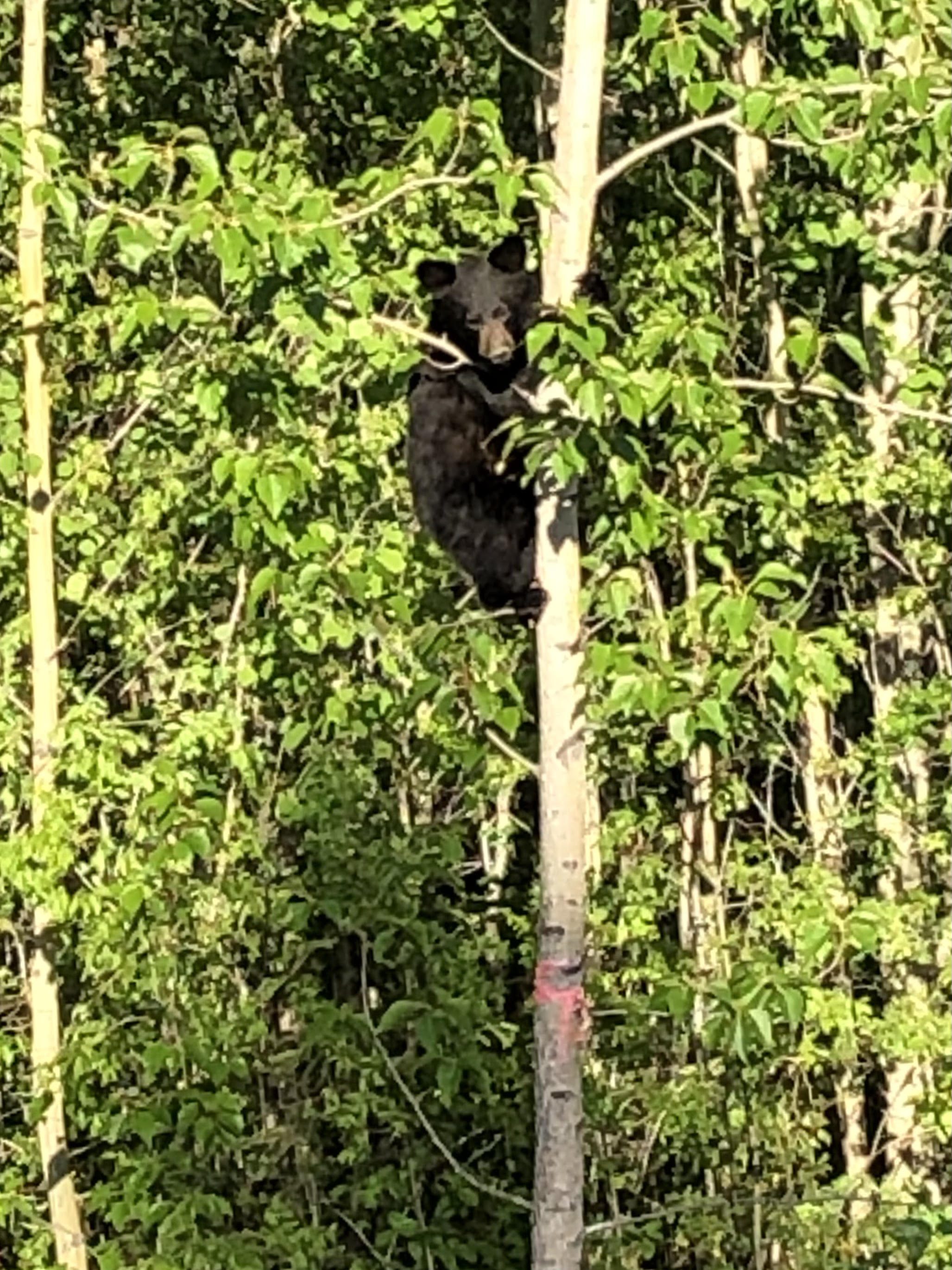 |
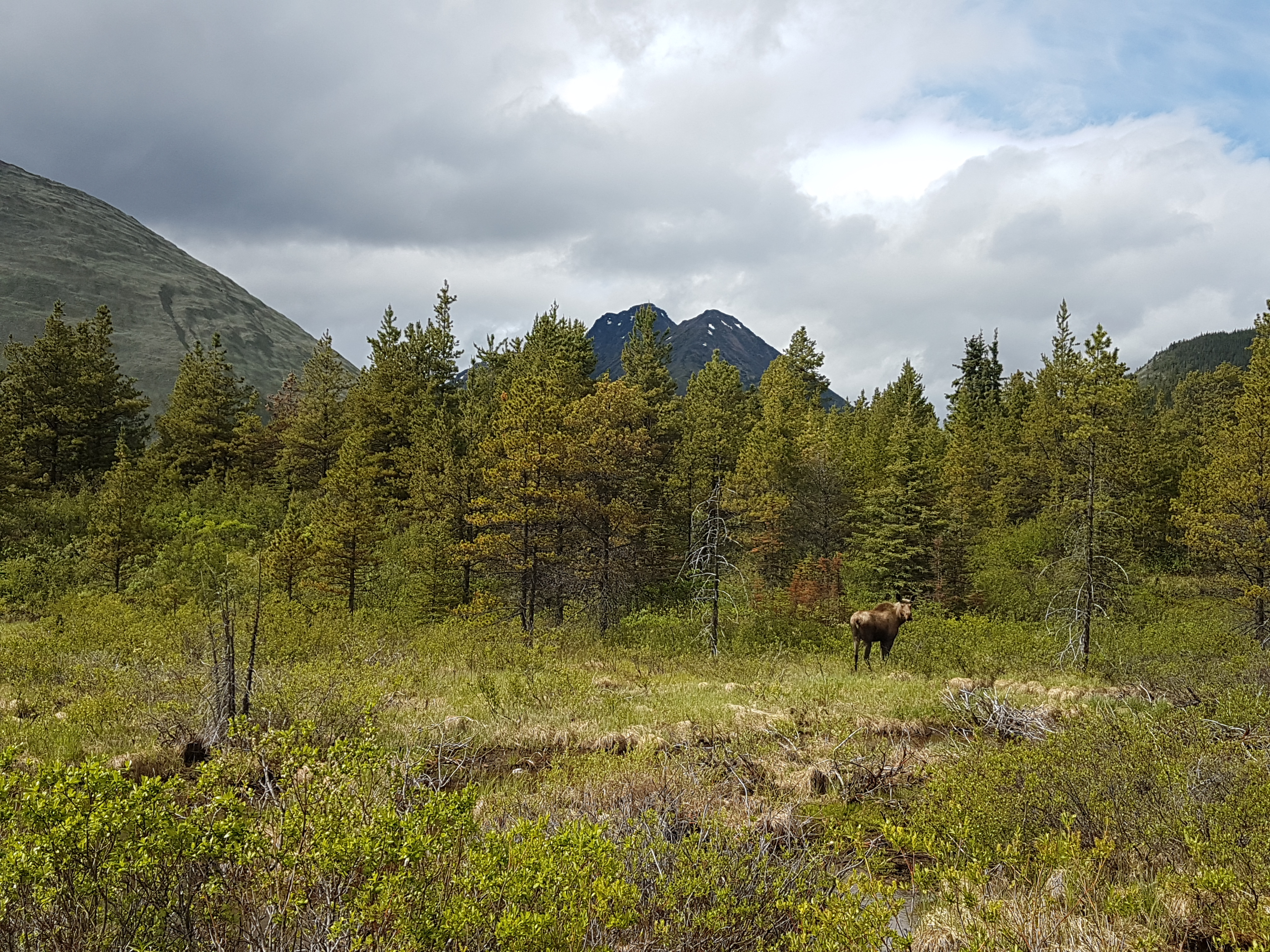 |
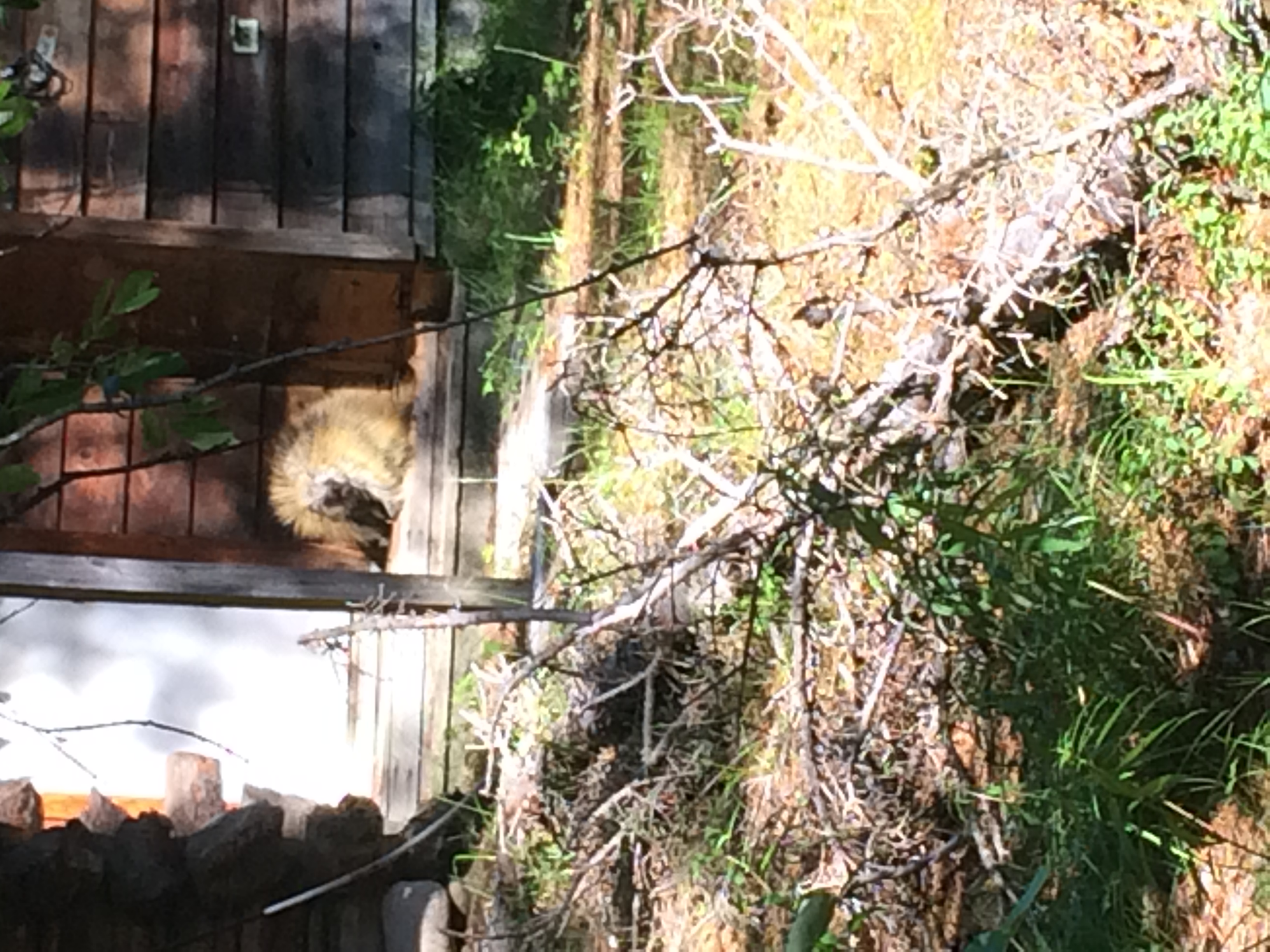 |
|||||||||||||||||||||
| Moose in wetland area | Porcupine near camp | ||||||||||||||||||||||
| Black bear in a tree | |||||||||||||||||||||||
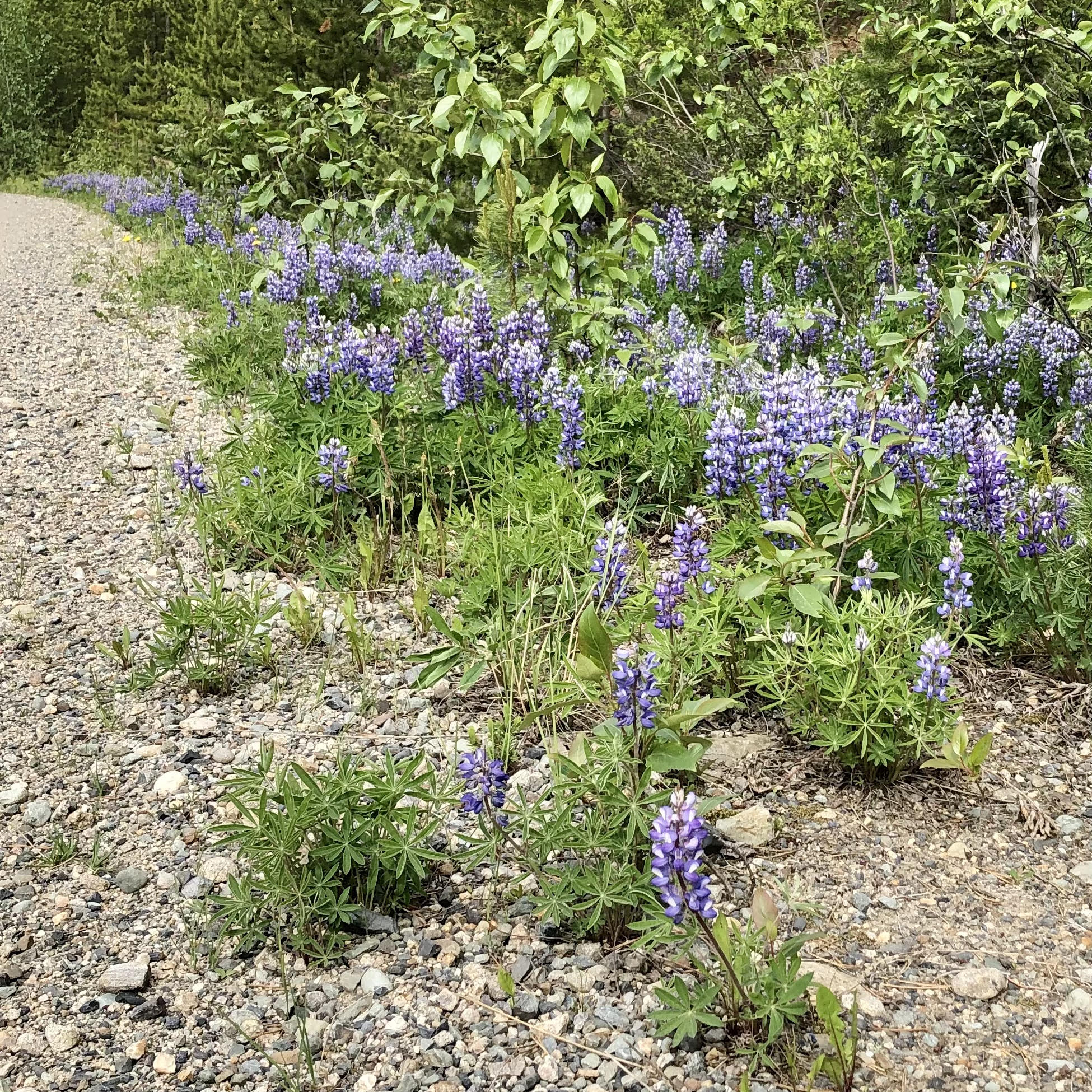 |
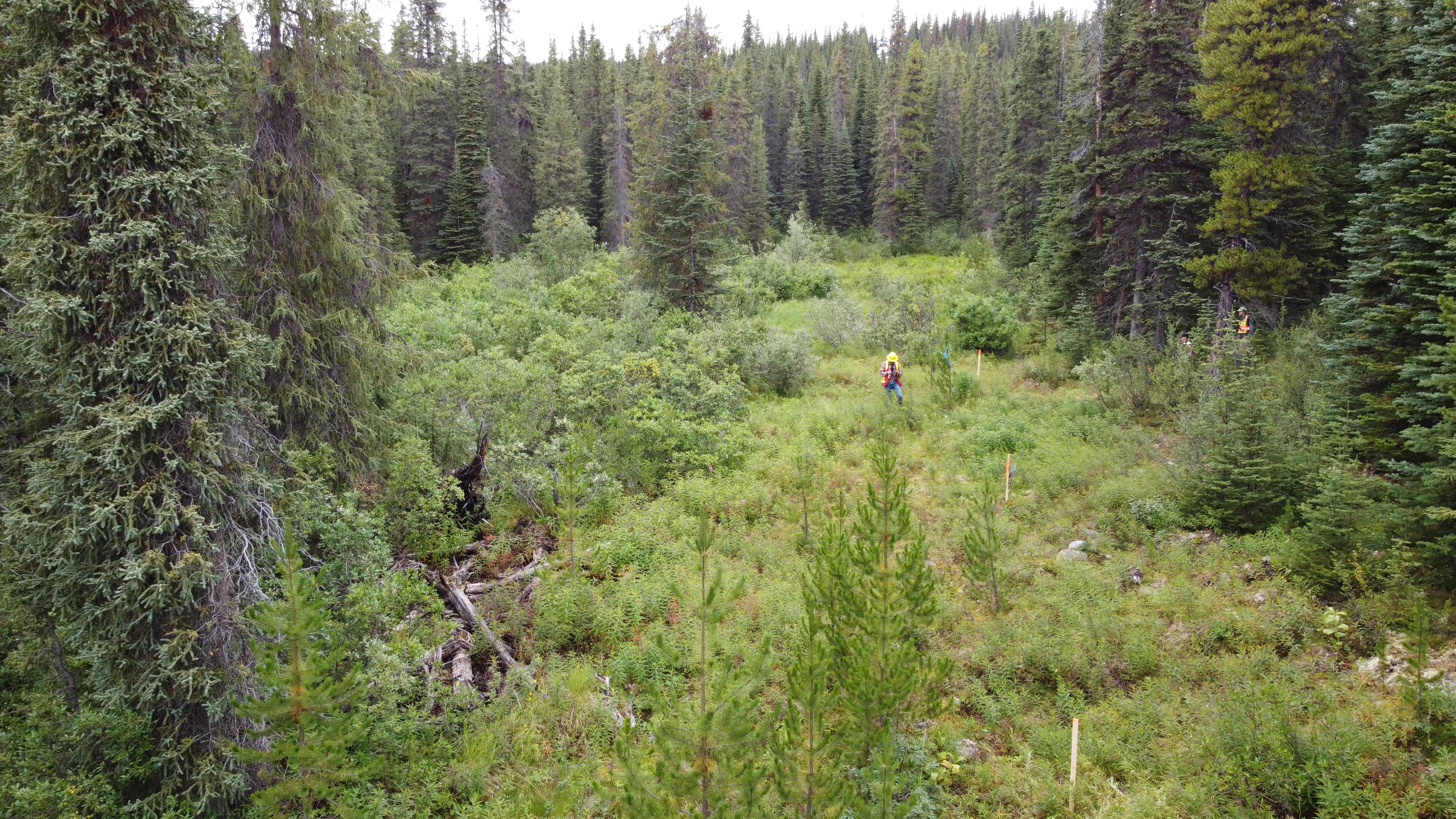 |
 |
|||||||||||||||||||||
| Geologist among native flora | |||||||||||||||||||||||
| Cassiar Gold Wildlife Management Plan | |||||||||||||||||||||||
| 1.1 Mine lifecycle stages to which the plan(s) apply |
• Pre-bid (when the entity is considering acquisition of a site) • Exploration and appraisal • During closure |
||||||||||||||||||||||
| 1.2 The topics addressed by the plan(s) |
• Ecological and biodiversity impacts • Waste generation • Noise impacts • Discharges to water • Natural resource consumption |
||||||||||||||||||||||
| 1.3 The underlying references for its plan(s), including whether they are codes, guidelines, standards, or regulations; whether they were developed by the entity, an industry organization, a third-party organization (e.g., a non-governmental organization, a governmental agency, or some combination of these groups) |
Cassiar Gold's Biodiversity Management Plan was approved in 1996 by the Ministry of Energy Mines and Low-Carbon Innovation. It was revised in April 2021 in accordance with the Mines Act Health Safety and Reclamation Code for Mines in British Columbia. |
||||||||||||||||||||||
| Impacts | |||||||||||||||||||||||
| Does access to the site involve traversing a protected area | No | ||||||||||||||||||||||
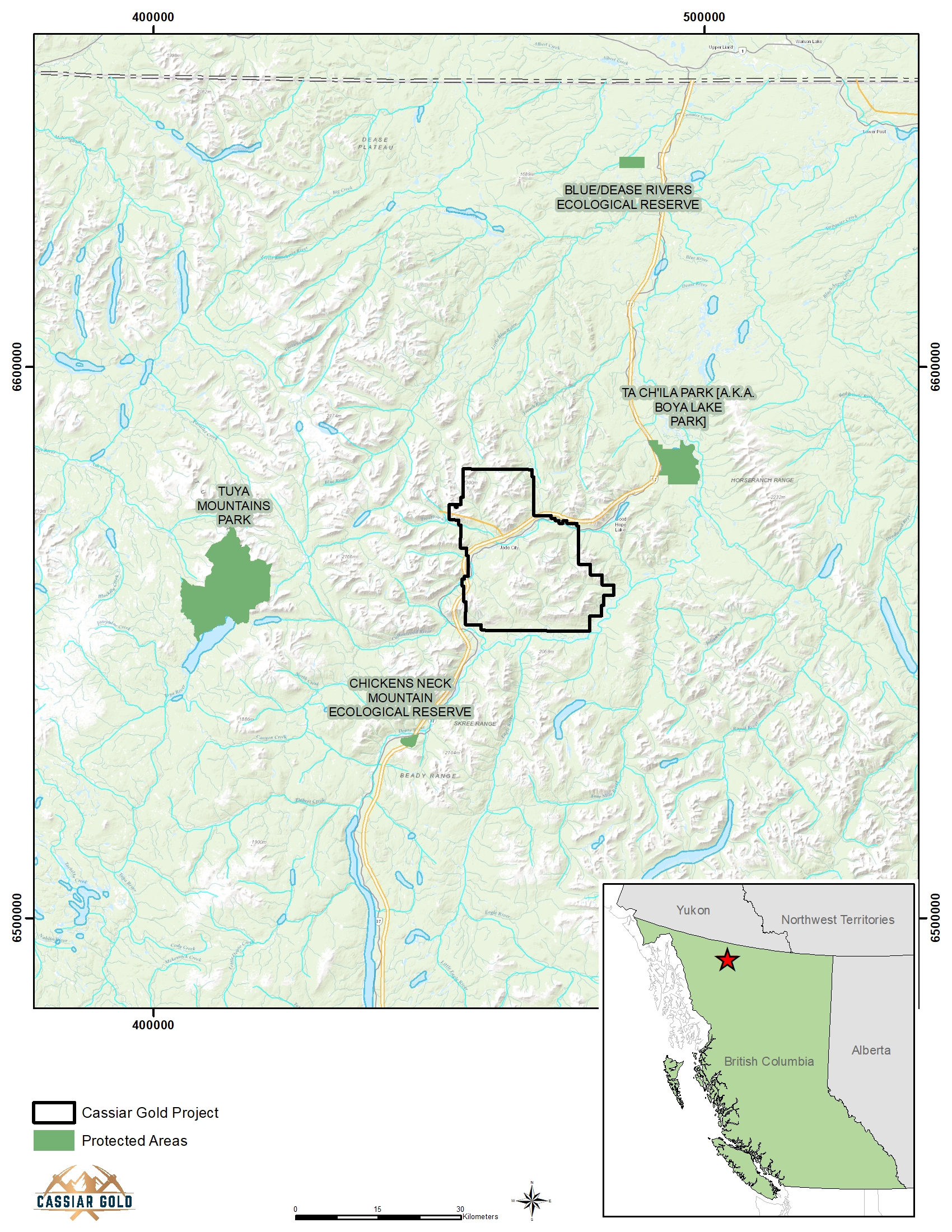 |
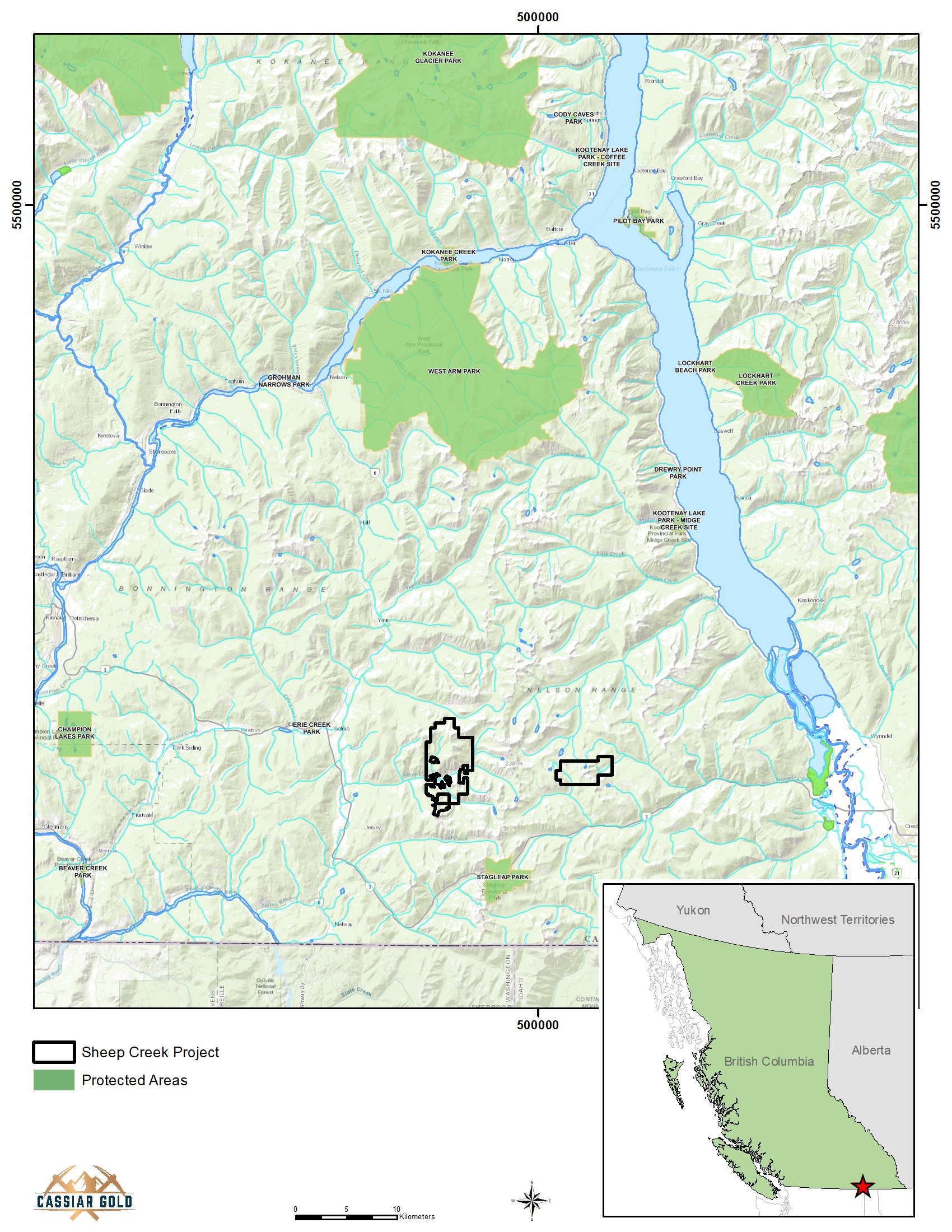 |
||||||||||||||||||||||
| Cassiar Gold Project in relation to nearest Protected Areas | Sheep Creek Project in relation to nearest Protected Areas | ||||||||||||||||||||||
| Do any of the entities concessions share a watershed with a protected area | Yes | ||||||||||||||||||||||
|
The Cassiar project is within the Dease River Watershed. The Sheep Creek project is within the overlapping Salmo River and the Pend-d'Oreille River Watersheds with part of the project within the Kootenay River Watershed. These are within the greater Columbia River Watershed. |
|||||||||||||||||||||||
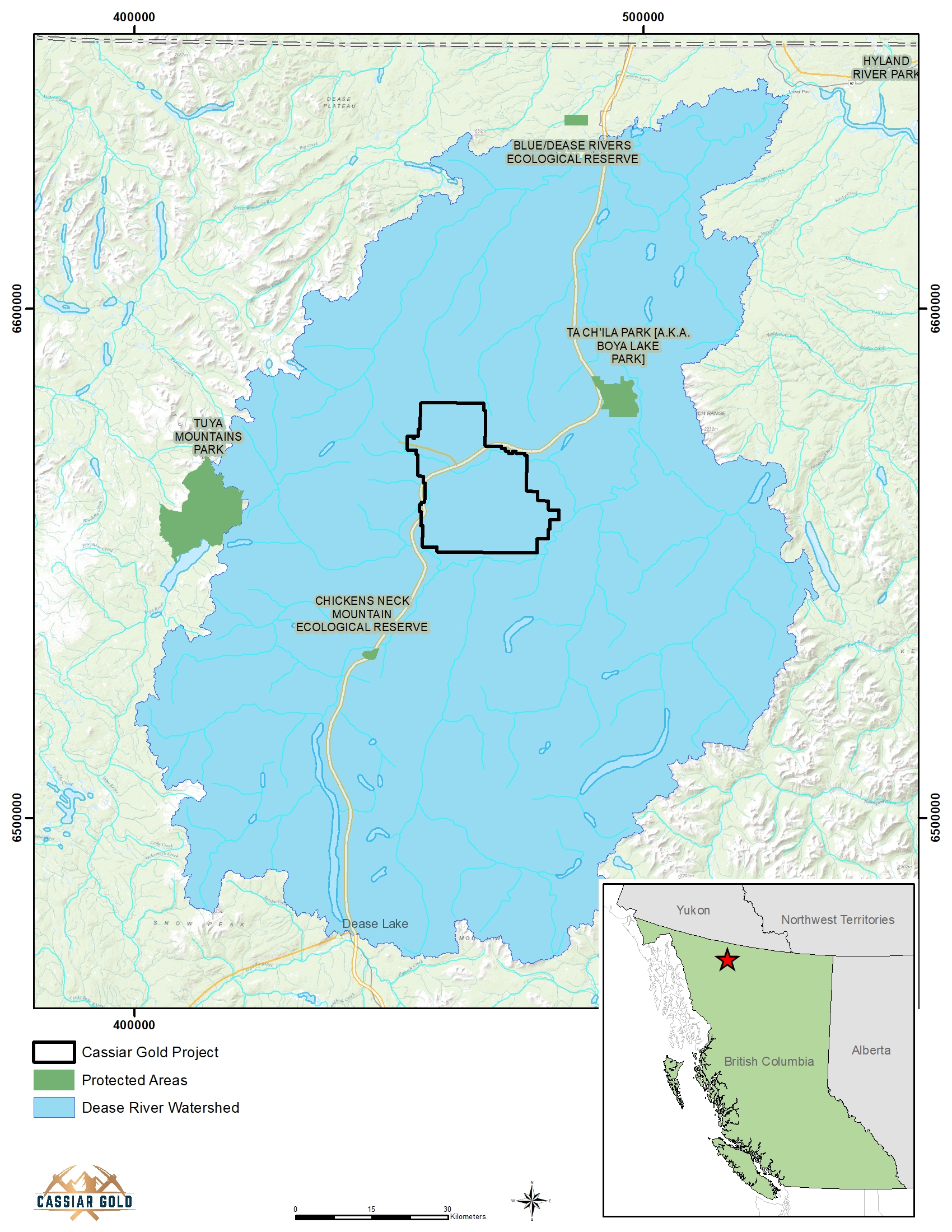 |
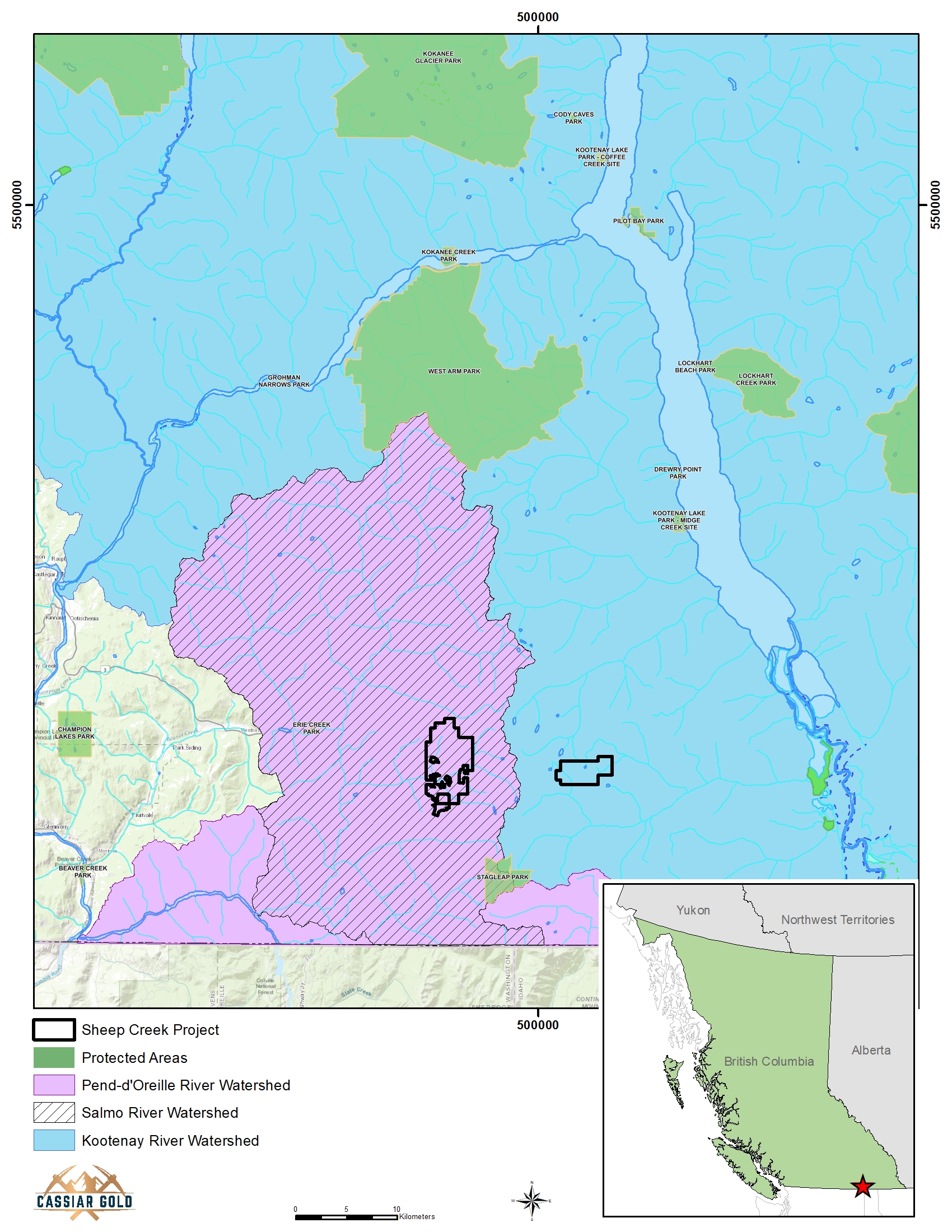 |
||||||||||||||||||||||
| Dease River Watershed | Pend-d'Oreille and Kootenay Watersheds | ||||||||||||||||||||||
| Provide context and description of site access involving traversing protected areas, and/or watersheds shared with a protected area. Include reference to measures in place to assure access, any proactive programs to support the biodiversity of the protected area, and any formal complaints or compliance issues and related steps to resolve |
Neither our Cassiar Gold nor Sheep Creek assets traverse or are adjacent to a protected area. The Cassiar Project main camp is a historic mine site located in the Cassiar region of northern British Columbia (BC); 21 kilometres (km) south of the town of Good Hope Lake, BC, 140 km south of Watson Lake, Yukon Territory (YT), and 110 km north of Dease Lake, BC. The site is located in the Liard Mining Division and is within the traditional territory of the Kaska Dene First Nation. The Sheep Creek camp is accessible by traveling five kilometers south of Salmo, B.C. on paved Highway 3/6, then traveling a further nine kilometers east on the Sheep Creek forest access road to the junction of Sheep and Waldie Creeks. This is roughly the centre of the historic camp. Access from this point to all of the main historic mines is by mine access roads, which are generally passable by 4-wheel drive vehicles or by ATV. |
||||||||||||||||||||||
| Percentage of proved reserves in sites with protected conservation status or in areas of endangered species habitat: | Does Not Apply | ||||||||||||||||||||||
| Percentage of probable reserves in sites with protected conservation status or in areas of endangered species habitat: | Does Not Apply | ||||||||||||||||||||||
| Percentage of inferred, indicated and measured reserves in sites with protected conservation status or in areas of endangered species habitat: | 0.0000% | ||||||||||||||||||||||
| Social | |||||||||||||||||||||||
| Employment | |||||||||||||||||||||||
| Scale of the Organization | |||||||||||||||||||||||
| i. Report the total number of direct employees worldwide (exclude contractors) | 20 | ||||||||||||||||||||||
| ii. Report the total number of contract employees worldwide | 3 | ||||||||||||||||||||||
| iii. Total number of employees worldwide | 23 | ||||||||||||||||||||||
| iv. Total number of female employees and contractors worldwide | 6 | ||||||||||||||||||||||
| Female employees and contractors as percentage of total employees and contractors | 26.0870% | ||||||||||||||||||||||
| v. Total number of male employees and contractors worldwide | 17 | ||||||||||||||||||||||
| Male employees and contractors as percentage of total employees and contractors | 73.9130% | ||||||||||||||||||||||
| vi. Total number of non-binary employees and contractors worldwide | 0 | ||||||||||||||||||||||
| Non-binary employees and contractors as percentage of total employees and contractors | 0.0000% | ||||||||||||||||||||||
| Report the total number of operations | 2 | ||||||||||||||||||||||
| Employee Information | |||||||||||||||||||||||
| Report the total number of direct employees by employment type (permanent and temporary), by gender: | 20 | ||||||||||||||||||||||
| Total number of permanent employees | 10 | ||||||||||||||||||||||
| Total number of permanent employees - female | 2 | ||||||||||||||||||||||
| Total number of permanent employees - male | 8 | ||||||||||||||||||||||
| Total number of permanent employees - Non-binary | 0 | ||||||||||||||||||||||
| Total number of permanent employees - Gender not disclosed | 0 | ||||||||||||||||||||||
| Total number of temporary employees | 10 | ||||||||||||||||||||||
| Total number of temporary employees - female | 4 | ||||||||||||||||||||||
| Total number of temporary employees - male | 6 | ||||||||||||||||||||||
| Total number of temporary employees - Non-binary | 0 | ||||||||||||||||||||||
| Report the total number of contractors by employment type (permanent and temporary), by gender: | 3 | ||||||||||||||||||||||
| Total number of permanent contractors | 0 | ||||||||||||||||||||||
| Total number of temporary contractors | 3 | ||||||||||||||||||||||
| Total number of temporary contractors - female | 0 | ||||||||||||||||||||||
| Total number of temporary contractors - male | 3 | ||||||||||||||||||||||
| Total number of temporary contractors - Non-binary | 0 | ||||||||||||||||||||||
| Report the total number of employees by employment type (full-time and part-time), by gender: | 20 | ||||||||||||||||||||||
| Total number of full-time employees - female | 6 | ||||||||||||||||||||||
| Total number of part-time employees - female | 0 | ||||||||||||||||||||||
| Total number of full-time employees - male | 14 | ||||||||||||||||||||||
| Total number of part-time employees - male | 0 | ||||||||||||||||||||||
| Total number of full-time employees - Non-binary | 0 | ||||||||||||||||||||||
| Total number of part-time employees - Non-binary | 0 | ||||||||||||||||||||||
| Report the total number of contractors by employment type (full-time and part-time), by gender: | 3 | ||||||||||||||||||||||
| Total number of full-time contractors - female | 0 | ||||||||||||||||||||||
| Total number of part-time contractors - female | 0 | ||||||||||||||||||||||
| Total number of full-time contractors - male | 3 | ||||||||||||||||||||||
| Total number of part-time contractors - male | 0 | ||||||||||||||||||||||
| Total number of full-time contractors - Non-binary | 0 | ||||||||||||||||||||||
| Total number of part-time contractors - Non-binary | 0 | ||||||||||||||||||||||
| Turnover | |||||||||||||||||||||||
| Report the total number and rate of employee turnover during the reporting period, by age group, and gender | |||||||||||||||||||||||
| All Employees: | |||||||||||||||||||||||
| Total number of turnover (the number that left during the period) | 1 | ||||||||||||||||||||||
| Rate of turnover | 4.4444% | ||||||||||||||||||||||
| Female employees: | |||||||||||||||||||||||
| Total number of turnover (the number of females that left during the period) | 1 | ||||||||||||||||||||||
| Rate of turnover, females | 18.1818% | ||||||||||||||||||||||
| Male employees: | |||||||||||||||||||||||
| Total number of turnover (the number of males that left during the period) | 0 | ||||||||||||||||||||||
| Rate of turnover, males | 0.0000% | ||||||||||||||||||||||
| Non-binary employees: | |||||||||||||||||||||||
| Total number of turnover (the number non-binary that left during the period) | 0 | ||||||||||||||||||||||
| Rate of turnover, non-binary | Does Not Apply | ||||||||||||||||||||||
| Turnover & Age Breakdown | |||||||||||||||||||||||
| Employees aged 30 years old and under: | |||||||||||||||||||||||
| Total number of turnover (the number that left during the period) | 1 | ||||||||||||||||||||||
| As percent of total employees | 47.8261% | ||||||||||||||||||||||
| Rate of turnover | 8.6957% | ||||||||||||||||||||||
| Employees aged between 30 and 50 years old: | |||||||||||||||||||||||
| Total number of turnover (the number that left during the period) | 0 | ||||||||||||||||||||||
| As percent of total employees | 30.4348% | ||||||||||||||||||||||
| Rate of turnover | 0.0000% | ||||||||||||||||||||||
| Employees over 50 years old: | |||||||||||||||||||||||
| Total number of turnover (the number that left during the period) | 0 | ||||||||||||||||||||||
| As percent of total employees | 4.3478% | ||||||||||||||||||||||
| Rate of turnover | 0.0000% | ||||||||||||||||||||||
| Identify types of employees captured in the turnover rate calculations | Other, please specify | ||||||||||||||||||||||
|
In 2021, a seasonal employee left the organization to pursue other opportunities. |
|||||||||||||||||||||||
| Average age of employees | 33 | ||||||||||||||||||||||
| Labour Relations | |||||||||||||||||||||||
| Collective Bargaining Agreements | |||||||||||||||||||||||
| Percentage of total direct employees covered by collective bargaining agreements: | 0.0000% | ||||||||||||||||||||||
| Notice Periods | |||||||||||||||||||||||
| Minimum number of weeks’ notice typically provided to employees and their representatives prior to the implementation of significant operational changes that could substantially affect them |
Cassiar Gold's employment contract provides a 30-day minimum notice period on issues such as retrenchment and significant operational changes that could substantially affect workers. |
||||||||||||||||||||||
| Occupational Health and Safety | |||||||||||||||||||||||
| Work-related Injuries | |||||||||||||||||||||||
| Injuries - For all employees: | |||||||||||||||||||||||
| i. Number of fatalities as a result of work-related injury | 0 | ||||||||||||||||||||||
| i. Rate of fatalities resulting from work-related injury. Note: calculating per 200,000 hours worked | 0 | ||||||||||||||||||||||
| ii. Number of high-consequence work-related injuries (excluding fatalities) | 0 | ||||||||||||||||||||||
| ii. Rate of high-consequence work-related injuries (excluding fatalities) | 0 | ||||||||||||||||||||||
| iii. Number of recordable work-related injuries | 1 | ||||||||||||||||||||||
| iii. Rate of recordable work-related injuries | 20.838 | ||||||||||||||||||||||
| iv. Main types of work-related injury, e.g., confined space, trips, falls, etc. |
A worker was lifting rice bags of drill core (rock) samples (50 lb/bag) off the floor & placing them inside a megabag for shipping. They described squatting, lifting the load with their legs while holding it close to their body, then - once standing - slightly twisting their spine & extending their arms to reach across the far side of the megabag to set the rice bag within it. At this point the work felt a 'bit of a click' & discomfort in their lower back, but did not report at this time. The worker described mild discomfort in their lower back, slightly right of centre (they described as 'lower lumber right paraspinal'). Did not report, kept working at this time. Pain & stiffness increased over the course of their day; reported it to their supervisor in the evening same day of incident. |
||||||||||||||||||||||
| v. Number of hours worked | 9598 | ||||||||||||||||||||||
| Lost Time Injuries (LTIs) | 1 | ||||||||||||||||||||||
| Lost Time Injuries Rate (LTIR) | 20.838 | ||||||||||||||||||||||
| Injuries - workers who are not employees but whose work and/or workplace is controlled by the organization: | |||||||||||||||||||||||
| i. Number of fatalities as a result of work-related injury | 0 | ||||||||||||||||||||||
| i. Rate of fatalities resulting from work-related injury. Note: calculating per 200,000 hours | 0 | ||||||||||||||||||||||
| ii. Number of high-consequence work-related injuries (excluding fatalities) | 1 | ||||||||||||||||||||||
| ii. Rate of high-consequence work-related injuries (excluding fatalities) | 9.358 | ||||||||||||||||||||||
| iii. Number of recordable work-related injuries | 0 | ||||||||||||||||||||||
|
High-consequence injury reported below was non-recordable for Cassiar Gold, the contracting company was responsible for all records. |
|||||||||||||||||||||||
| iii. Rate of recordable work-related injuries | 0 | ||||||||||||||||||||||
| iv. Main types of work-related injury, e.g., confined space, trips, falls, etc. |
An altercation occurred between site contractors during maintenance on a drill rig. Emotions were high between two contactors resulting in physical confrontation. Both contractors were assessed for injuries and removed from site. |
||||||||||||||||||||||
| v. Number of hours worked | 21372 | ||||||||||||||||||||||
| Lost Time Injuries (LTIs) | 1 | ||||||||||||||||||||||
| Lost Time Injuries Rate (LTIR) | 9.358 | ||||||||||||||||||||||
| Combined (Employees and non-employees, but controlled by the organization): | |||||||||||||||||||||||
| Total Hours Worked | 30970 | ||||||||||||||||||||||
| Total number of all work-related injuries | 2 | ||||||||||||||||||||||
| Rate of work-related injuries | 12.916 | ||||||||||||||||||||||
| Total Lost Time Injuries (LTIs) | 2 | ||||||||||||||||||||||
| Lost Time Injuries Rate (LTIR) | 12.916 | ||||||||||||||||||||||
| Report the work-related hazards that pose a risk of high-consequence injury, including: | |||||||||||||||||||||||
| i. How have these hazards been determined |
Hazards are determined through daily assessment of work sites, lunchbox/tailgate meetings, training, and learning from previous incidents. Cassiar Gold internal polices in effect for all staff, contractors, and visitors relating to hazard determination include: • Site Safety Orientation Task Orientation • Job Hazard Assessment • Risk and Event Classification • Hazard Identification • WHMIS Log • Heavy Lifting Procedure • Working in Confined Spaces • Working Alone Policy • Fire Safety and Prevention • General Housekeeping • Visitors Safety • Emergency Alarm Procedure • Infectious Disease Prevention Protocol |
||||||||||||||||||||||
| ii. Which of these hazards have caused or contributed to high-consequence injuries during the reporting period |
In this reporting period, a contractor sustained injuries from a conflict between two contractor employees. In adherence to our workplace policy, these individuals were terminated from the project. |
||||||||||||||||||||||
| iii. Actions taken or underway to eliminate these hazards and minimize risks using the hierarchy of controls |
Conflict resolution was implemented as a topic of discussion in daily lunchbox meetings that included employees and contractors. |
||||||||||||||||||||||
| Report on actions taken or underway to eliminate other work-related hazards and minimize risks using the hierarchy of controls |
Cassiar Gold's Health and Safety policies and procedures, require field staff conduct daily work site inspections, hold Health and Safety lunchbox meetings to discuss hazards identification, provide quick training opportunities and report near-miss incidents. Cassiar Gold also has policies on near miss, high potential incidents, and LTI reporting. |
||||||||||||||||||||||
| Whether and, if so, why any workers have been excluded from this disclosure, including the types of worker excluded, e.g., short-term contractors |
We have excluded our drill contractor from this disclosure as they implement their own Health and Safety protocols and standards. |
||||||||||||||||||||||
| Disclose any contextual information necessary to understand how the data have been compiled, i.e., any standards, methodologies, and assumptions used |
Cassiar Gold's Health and Safety Management Program complies with the provincial Work Safe British Columbia and the Mines Act. |
||||||||||||||||||||||
| Safety Training | |||||||||||||||||||||||
| Disclose the average number of training hours provided to its workforce for health, safety, and emergency management training. | |||||||||||||||||||||||
| Average hours of health, safety, and emergency response training for (a) full-time/direct employees: | 2 | ||||||||||||||||||||||
| Average hours of health, safety, and emergency response training for (b) contract employees: | 0 | ||||||||||||||||||||||
| Diversity and Equal Opportunity | |||||||||||||||||||||||
| b. Report the percentage of employees per employee category in each of the following diversity categories | |||||||||||||||||||||||
| Board of Directors: | |||||||||||||||||||||||
| Total Board of Directors | 6 | ||||||||||||||||||||||
| Percent Male | 100.0000% | ||||||||||||||||||||||
| Percent Female | 0.0000% | ||||||||||||||||||||||
| Percent Non-Binary | 0.0000% | ||||||||||||||||||||||
| Percent under 30 years of age | 0.0000% | ||||||||||||||||||||||
| Percent between 30 and 50 years of age | 33.3333% | ||||||||||||||||||||||
| Percent over 50 years of age | 66.6667% | ||||||||||||||||||||||
| Senior Management: | |||||||||||||||||||||||
| Total Senior Managers | 4 | ||||||||||||||||||||||
| Percent Male | 75.0000% | ||||||||||||||||||||||
| Percent Female | 25.0000% | ||||||||||||||||||||||
| Percent Non-Binary | 0.0000% | ||||||||||||||||||||||
| Percent under 30 years of age | 0.0000% | ||||||||||||||||||||||
| Percent between 30 and 50 years of age | 75.0000% | ||||||||||||||||||||||
| Percent over 50 years of age | 25.0000% | ||||||||||||||||||||||
| Salaried (excluding Senior Management): | |||||||||||||||||||||||
| Total Middle Managers | 2 | ||||||||||||||||||||||
| Percent Male | 50.0000% | ||||||||||||||||||||||
| Percent Female | 50.0000% | ||||||||||||||||||||||
| Percent Non-Binary | 0.0000% | ||||||||||||||||||||||
| Percent under 30 years of age | 0.0000% | ||||||||||||||||||||||
| Percent between 30 and 50 years of age | 100.0000% | ||||||||||||||||||||||
| Percent over 50 years of age | 0.0000% | ||||||||||||||||||||||
| Technical Employees (skilled hourly): | |||||||||||||||||||||||
| Total Technical Employees | 14 | ||||||||||||||||||||||
| Percent Male | 71.4286% | ||||||||||||||||||||||
| Percent Female | 28.5714% | ||||||||||||||||||||||
| Percent Non-Binary | 0.0000% | ||||||||||||||||||||||
| Percent under 30 years of age | 85.7143% | ||||||||||||||||||||||
| Percent between 30 and 50 years of age | 14.2857% | ||||||||||||||||||||||
| Percent over 50 years of age | 0.0000% | ||||||||||||||||||||||
| Production Employees (unskilled hourly): | |||||||||||||||||||||||
| Total Production Employees | 0 | ||||||||||||||||||||||
| Percent Male | Does Not Apply | ||||||||||||||||||||||
| Percent Female | Does Not Apply | ||||||||||||||||||||||
| Percent Non-Binary | Does Not Apply | ||||||||||||||||||||||
| Percent under 30 years of age | Does Not Apply | ||||||||||||||||||||||
| Percent between 30 and 50 years of age | Does Not Apply | ||||||||||||||||||||||
| Percent over 50 years of age | Does Not Apply | ||||||||||||||||||||||
| Contractors: | |||||||||||||||||||||||
| Total Contractors | 3 | ||||||||||||||||||||||
| Percent Male | 100.0000% | ||||||||||||||||||||||
| Percent Female | 0.0000% | ||||||||||||||||||||||
| Percent Non-Binary | 0.0000% | ||||||||||||||||||||||
| Percent under 30 years of age | 0.0000% | ||||||||||||||||||||||
| Percent between 30 and 50 years of age | 100.0000% | ||||||||||||||||||||||
| Percent over 50 years of age | 0.0000% | ||||||||||||||||||||||
| Security, Human Rights and Rights of Indigenous People | |||||||||||||||||||||||
| Identify the countries of operations within the World Bank's list of “Fragile and Conflict-Affected Situations” | None | ||||||||||||||||||||||
| Describe the nature of any social risks, for all operating countries, that could have a material risk to operations |
The Cassiar Gold Project operates within the Kaska Dena Nation. We have established informal agreements with the Dease River First Nations Development Corporation and engage partner companies in coordination with leadership of the Dease River First Nation which is a member of the Kaska Dena Nation. |
||||||||||||||||||||||
| Percentage of proved reserves that are located in or near areas of active conflict: | Does Not Apply | ||||||||||||||||||||||
| The total amount of proved reserves | 0 | ||||||||||||||||||||||
| Percentage of probable reserves that are located in or near areas of active conflict: | Does Not Apply | ||||||||||||||||||||||
| The total amount of probable reserves | 0 | ||||||||||||||||||||||
| Percentage of inferred, indicated and measured reserves that are located in or near areas of active conflict: | 0.0000% | ||||||||||||||||||||||
| Total amount of inferred, indicated and/or measured reserves | 1400000 | ||||||||||||||||||||||
| Percentage of proved reserves that are located in or near areas that are considered to be indigenous peoples’ land: | Does Not Apply | ||||||||||||||||||||||
| The total amount of proved reserves | 0 | ||||||||||||||||||||||
| Percentage of probable reserves that are located in or near areas that are considered to be indigenous peoples’ land: | Does Not Apply | ||||||||||||||||||||||
| The total amount of probable reserves | 0 | ||||||||||||||||||||||
| Percentage of inferred, indicated and measured reserves that are located in or near areas that are considered to be indigenous peoples’ land: | 100.0000% | ||||||||||||||||||||||
| Total amount of inferred, indicated and measured reserves | 1400000 | ||||||||||||||||||||||
| Describe due diligence practices and procedures with respect to indigenous rights of communities in which it operates or intends to operate |
Cassiar Gold follows the Ministry of Energy, Mines and Low-carbon innovation's requirements for permit approval which requires First Nation Consultation and engagement. |
||||||||||||||||||||||
| Discuss practices and list procedures while operating in areas of conflict |
Cassiar Gold does not operate in areas of conflict. |
||||||||||||||||||||||
| Community Relations | |||||||||||||||||||||||
| Artisanal and Small-Scale Mining | |||||||||||||||||||||||
| Number of company operating sites where artisanal and small-scale mining (ASM) takes place on, or adjacent to, the site (not controlled by company/unauthorized): | 0 | ||||||||||||||||||||||
| Programs | |||||||||||||||||||||||
| Report on community relations programs, objectives and achievements in the past 3 years |
Cassiar Gold has engaged with our local community to support initiatives such as the construction of a local hockey rink, local hires, site clean up /assessment and training support with the land guardian program – aside from the non-exhaustive activities below: |
||||||||||||||||||||||
|
➢ Chamber of Mines - Board member ➢ PAC Red Fish Elementary - Treasurer ➢ Columbia Institute for Renewable Energy - Board Member ➢ Community Investment Coops – Board member ➢ Volunteer Fire Department - Volunteer ➢ Bear Smart Community and Stream keepers Society – Supporters ➢ Coaching community kid activities – soccer/hockey |
|||||||||||||||||||||||
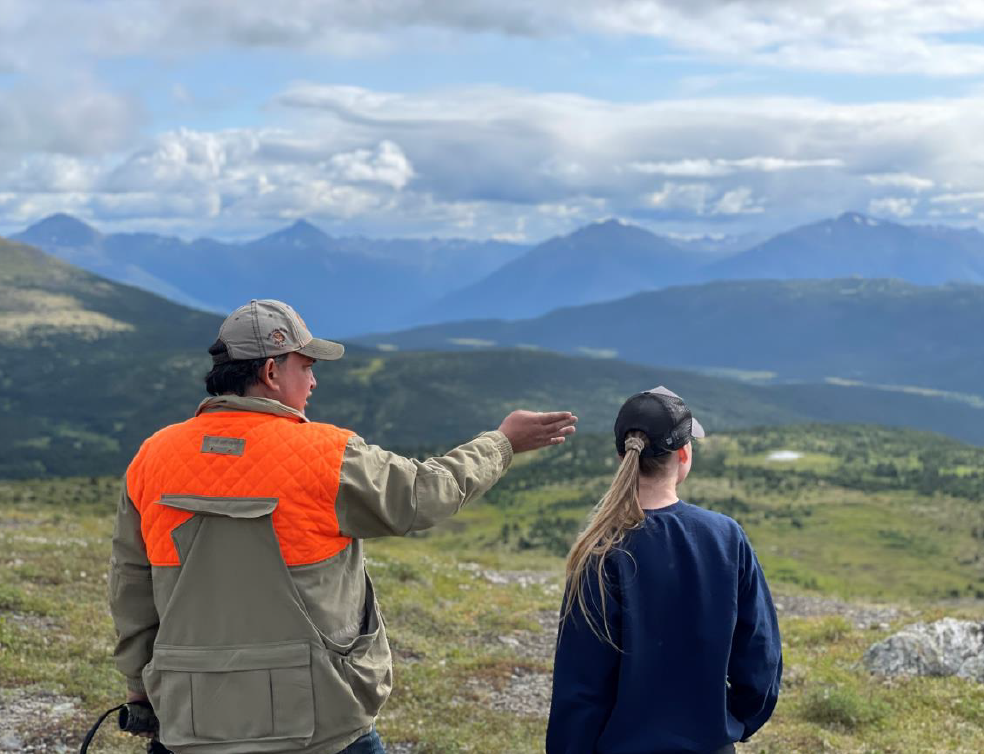 |
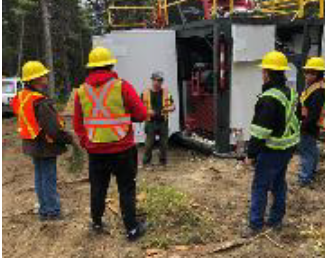 |
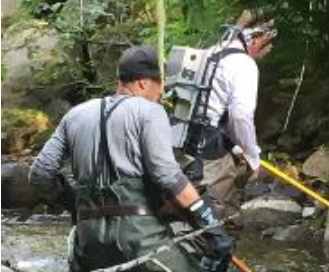 |
|||||||||||||||||||||
| Cultural Exchange | |||||||||||||||||||||||
| Dease River Development Corporation contractors | |||||||||||||||||||||||
| Streamkeeper Stream Monitoring Survey | |||||||||||||||||||||||
| Discuss the processes, procedures, and practices to manage risks and opportunities associated with the rights and interests of communities in areas where it conducts business |
Cassiar Gold conducts annual community consultation workshops and triannual leadership updates on operations. During these engagement opportunities, Cassiar Gold receives feedback from First Nations on the monitoring and evaluation of our projects. |
||||||||||||||||||||||
|
Among our other projects we : ➢Work with the Dease River First Nations to recruit and retain local hires. ➢ Invite First Nation members to participate in our work training sessions on mine safety ➢ Invest in environmental stewardship training for members of First Nations ➢ Work with the Dease River First Nations Development Corporation to procure contractors ➢Engage with First Nations to educate our staff on cultural-historical issues that are of importance to First Nations. These cultural exchanges have resulted in restrictions on operations that interfere with traditional hunting activities. |
|||||||||||||||||||||||
| Risks and Opportunities | |||||||||||||||||||||||
| Disclose the total number of site shutdowns or project delays due to non-technical factors. | 0 | ||||||||||||||||||||||
| Disclose the total aggregate duration (in days) of site shutdowns or project delays due to non-technical factors. | 0 | ||||||||||||||||||||||
| Governance | |||||||||||||||||||||||
| Climate Change | |||||||||||||||||||||||
| Oversight | |||||||||||||||||||||||
| Is there board-level oversight of climate-related issues within your organization | Yes | ||||||||||||||||||||||
| Responsibility | |||||||||||||||||||||||
| Provide the highest management-level position(s) or committee(s) with responsibility for climate-related issues: | President | ||||||||||||||||||||||
| Nature of primary responsibility |
Managing climate-related risks and opportunities |
||||||||||||||||||||||
| Reporting | |||||||||||||||||||||||
| Frequency of reporting to the board on climate-related issues | As important matters arise | ||||||||||||||||||||||
| Incentives | |||||||||||||||||||||||
| Do you provide incentives for the management of climate-related issues, including the attainment of targets |
No, and we do not plan to introduce them in the next two years |
||||||||||||||||||||||
| Risk and Opportunity Management | |||||||||||||||||||||||
| Does your organization have a process for identifying, assessing, and responding to climate-related risks and opportunities | Yes | ||||||||||||||||||||||
|
In 2021, Cassiar Gold is developing its ESG policies and procedures that will include guidelines for identifying, assessing and responding to climate-related risks and opportunities linked to our environmental, biodiversity, water and tailings management programs. These ESG policies and procedures will be reviewed by the Board in 2022. |
|||||||||||||||||||||||
| Risk Assessments | |||||||||||||||||||||||
| Have you identified any inherent climate-related risks with the potential to have a substantive financial or strategic impact on your business |
No - risks exist, but none with potential to have a substantive financial or strategic impact on business |
||||||||||||||||||||||
| Opportunity Assessments | |||||||||||||||||||||||
| Have you identified any climate-related opportunities with the potential to have a substantive financial or strategic impact on your business |
Yes, we have identified opportunities but are unable to realize them |
||||||||||||||||||||||
|
Cassiar Gold has evaluated the possibility of implementing technology that would allow the company to recycle tailings. The study concluded it was not economically feasible. |
|||||||||||||||||||||||
| Strategy | |||||||||||||||||||||||
| Have climate-related risks and opportunities influenced your organization’s strategy and/or financial planning | No | ||||||||||||||||||||||
| Water Management | |||||||||||||||||||||||
| Quality and Quantity Dependency | |||||||||||||||||||||||
| Rate the importance (current and future) of freshwater quality and quantity to the success of your business: | |||||||||||||||||||||||
| Direct use importance rating | Not very important | ||||||||||||||||||||||
| Indirect use importance rating | Not very important | ||||||||||||||||||||||
| Rate the importance (current and future) of sufficient quantity of recycled, brackish and/or produced water for the success of your business: | |||||||||||||||||||||||
| Direct use importance rating | Not important at all | ||||||||||||||||||||||
| Indirect use importance rating | Not important at all | ||||||||||||||||||||||
| Risk Assessments | |||||||||||||||||||||||
| Does your organization undertake a water-related risk assessment | Yes, water-related risks are assessed | ||||||||||||||||||||||
|
Cassiar Gold conducts water quality evaluations is in compliance with BC Northern Health water management requirements. |
|||||||||||||||||||||||
| Select the options that best describe your procedures for identifying and assessing water-related risks: | |||||||||||||||||||||||
| i. Coverage | Partial | ||||||||||||||||||||||
| ii. Risk Assessment Procedure |
Water risks are assessed in an environmental risk assessment |
||||||||||||||||||||||
| iii. Frequency of Risk Assessment | Annually | ||||||||||||||||||||||
| iv. How far into the future are risks considered | Up to 1 year | ||||||||||||||||||||||
| Have you identified any inherent water-related risks with the potential to have a substantive financial or strategic impact on operations | No | ||||||||||||||||||||||
| Opportunity Assessments | |||||||||||||||||||||||
| Have you identified any water-related opportunities with the potential to have a substantive financial or strategic impact on your business | No | ||||||||||||||||||||||
| Responsibility | |||||||||||||||||||||||
| Provide the highest management-level position(s) or committee(s) with responsibility for water-related issues | President | ||||||||||||||||||||||
| Policy | |||||||||||||||||||||||
| Does your organization have a documented water policy | No | ||||||||||||||||||||||
|
Cassiar Gold does not currently have a documented water policy. A water policy will be developed once projects are operational. |
|||||||||||||||||||||||
| Reporting | |||||||||||||||||||||||
| Frequency of reporting to the board on water-related issues | As important matters arise | ||||||||||||||||||||||
| Incentives | |||||||||||||||||||||||
| Do you provide incentives to C-suite employees or board members for the management of water-related issues |
No, and we do not plan to introduce them in the next two years |
||||||||||||||||||||||
| Strategy | |||||||||||||||||||||||
| Are water-related issues integrated into any aspects of your long-term strategic business plan: | Yes, water-related issues are integrated | ||||||||||||||||||||||
| If water-related issues are integrated into any aspects of your long-term strategic business plan, please describe further |
Cassiar Gold will include water -related issues as the company develops its production plan. |
||||||||||||||||||||||
| If water-related issues are integrated into any aspects of your long-term strategic business plan, identify the associated long-term time horizon | 5-10 years | ||||||||||||||||||||||
| General Disclosure | |||||||||||||||||||||||
| Structure | |||||||||||||||||||||||
| a. Report the governance structure of the organization, including committees of the highest governance body, e.g., the Board of Directors, the Executives, the Board Environment Committee, Board Safety Committee, the Advisory Committee, etc. |
Please refer to the attached document describing the structure of the Board of Directors. |
||||||||||||||||||||||
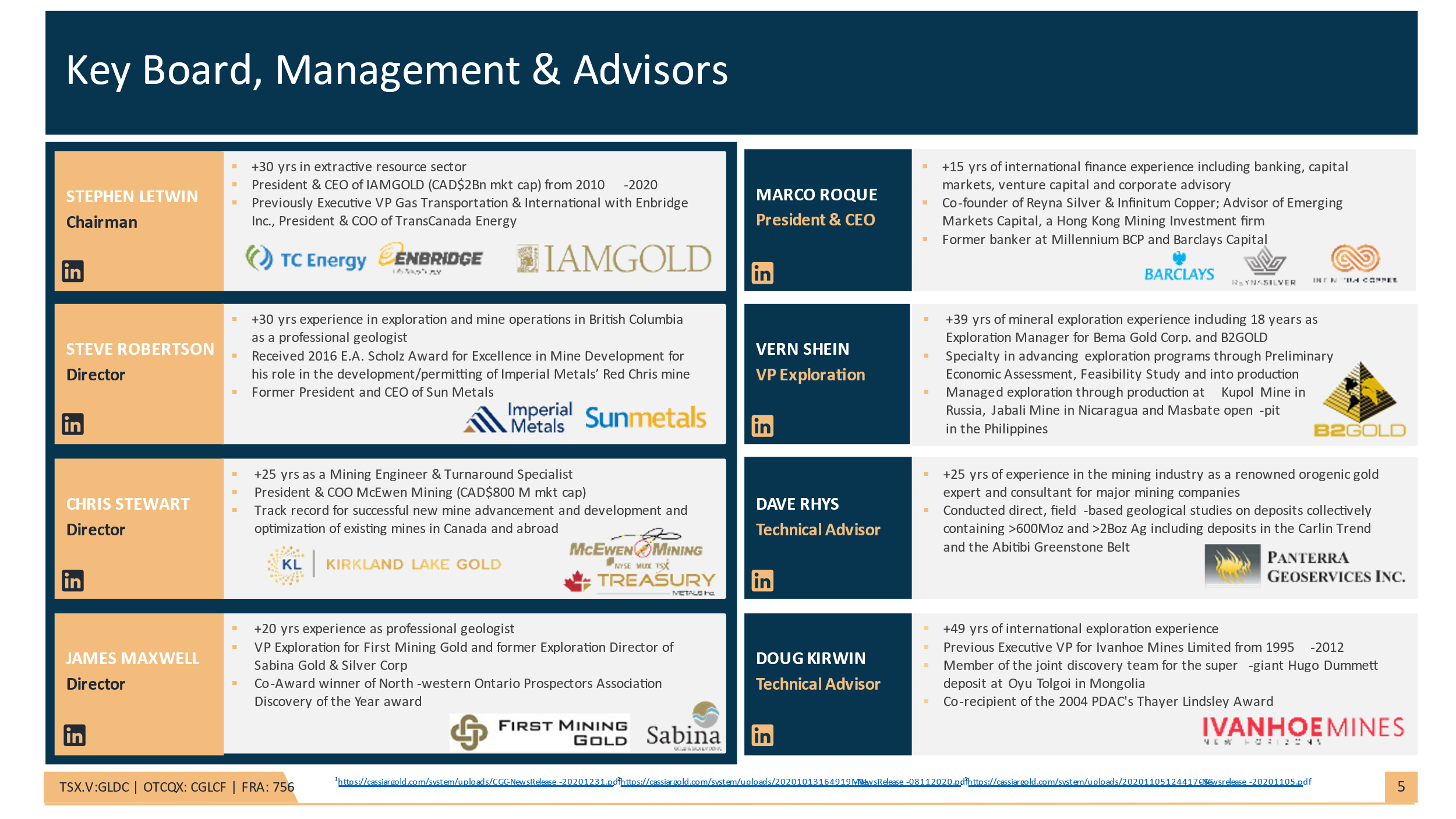 |
|||||||||||||||||||||||
| Cassiar Gold Key Board, Management and Advisors | |||||||||||||||||||||||
| Committees | |||||||||||||||||||||||
| b. Report the committees responsible for decision-making on economic, environmental, and social topics, e.g., the Board of Directors, the Executives, the Board Environment Committee, Board Safety Committee, the Advisory Committee, etc. |
In this reporting period, the VP of Exploration was responsible for decision-making on economic, environmental and social topics. |
||||||||||||||||||||||
| Responsibility | |||||||||||||||||||||||
| a. Has the organization appointed an executive-level position or positions with responsibility for economic, environmental, and social topics , e.g., is it part of the Governance structure of the company, the CFO or internal audit reporting to the Board | Yes | ||||||||||||||||||||||
| Reporting Structure | |||||||||||||||||||||||
| b. Report whether position holders report directly to the highest governance body or CEO |
The VP of Exploration reports directly to the CEO. |
||||||||||||||||||||||
| Consultation Process | |||||||||||||||||||||||
| Report the processes for consultations between stakeholders and the highest governance body on economic, environmental and social topics, e.g., for most mining companies it would be the executives and operations and not the Board, and if delegated, explain how |
Cassiar Gold's field team liaises directly with stakeholders and reports directly to the CEO and the Board of Directors through weekly meetings. |
||||||||||||||||||||||
| Composition | |||||||||||||||||||||||
| Report the composition of the highest governance body and its committees by: | |||||||||||||||||||||||
| Number of executive members | 1 | ||||||||||||||||||||||
| Number of non-executive members | 5 | ||||||||||||||||||||||
|
The board is comprised of non-executive, independent members, aside from Marco Roque (CEO, President, and a Director ), an executive and non-independent member. |
|||||||||||||||||||||||
| Number of independent members | 5 | ||||||||||||||||||||||
| Less than 3 years | 2 | ||||||||||||||||||||||
| 3-6 years | 4 | ||||||||||||||||||||||
| 6-9 years | 0 | ||||||||||||||||||||||
| More than 10 years | 0 | ||||||||||||||||||||||
| Lists of each individual’s other significant positions and commitments, and the nature of the commitments, e.g., other boards and executive positions |
For information on our Board of Director's significant positions and commitments, please refer to the link below. Three Board members comprise the corporate governance and nominating committee. |
||||||||||||||||||||||
| Cassiar Gold Directors | |||||||||||||||||||||||
| Number of Male governance body members | 6 | ||||||||||||||||||||||
| Number of Female governance body members | 0 | ||||||||||||||||||||||
| Number of members from under-represented social groups | 0 | ||||||||||||||||||||||
| Description of competencies relating to economic, environmental, and social topics |
For information on our Board of Director's competencies relating to economic, environmental and social topics, please refer to the link below. |
||||||||||||||||||||||
| Cassiar Gold Directors | |||||||||||||||||||||||
| Description of stakeholder representation |
Cassiar Gold is a Canadian exploration and development company, please see the attached file for more details on stakeholder representation. |
||||||||||||||||||||||
|
Our primary stakeholder representation consists of • Shareholders and capital providers • Employees, contractors, and suppliers • Local communities and First Nations • Governments and regulatory bodies • Civil society organizations Please refer to the image attached for a description of our shareholder representation. |
|||||||||||||||||||||||
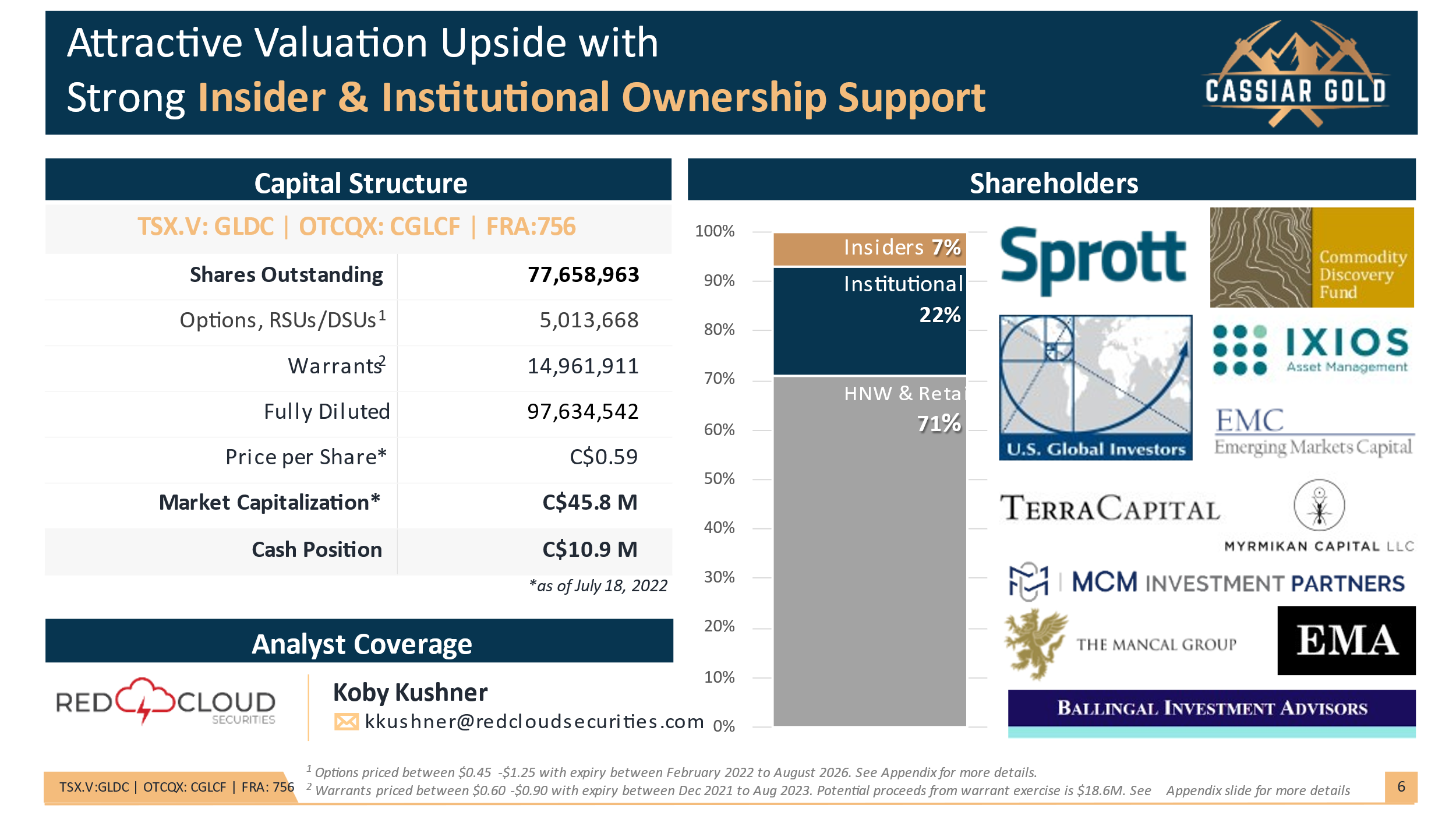 |
|||||||||||||||||||||||
| Cassiar Gold Stakeholder Representation | |||||||||||||||||||||||
| Board Diversity | |||||||||||||||||||||||
| Do you have a diversity policy and if so, provide details, link to the policy or attach the file | Please refer to the link below. | ||||||||||||||||||||||
| Cassiar Gold Equal Opportunities Policy | |||||||||||||||||||||||
| Non-Executive Director | |||||||||||||||||||||||
| Is the chair of the highest governance body also an executive officer in the organization | No | ||||||||||||||||||||||
| Conflicts of Interest | |||||||||||||||||||||||
| Report the processes for the highest governance body to ensure conflicts of interest are avoided and managed, e.g., list procedures |
Cassiar’s Whistleblower Policy governs the process through which the Company’s directors, officers, employees and consultants, or any member of the public, can anonymously and confidentially report any potential violation or concern contrary to the Company’s policies or local laws or regulations. This Policy establishes a mechanism to support and promote the Company’s values by encouraging its directors, officers, employees and consultants to talk to their managers or other appropriate personnel about any concerns they may have in respect of illegal or unethical behaviour. |
||||||||||||||||||||||
| Whistleblower Policy | |||||||||||||||||||||||
| Report whether conflicts of interest are disclosed to stakeholders, including, as a minimum: | Yes | ||||||||||||||||||||||
| i. Cross-board membership | Yes | ||||||||||||||||||||||
| ii. Cross-shareholding with suppliers and other stakeholders | Yes | ||||||||||||||||||||||
| iii. Existence of controlling shareholder | Yes | ||||||||||||||||||||||
| iv.Related third party disclosures | Yes | ||||||||||||||||||||||
| Transparency | |||||||||||||||||||||||
| Report the highest governance body’s and senior executives’ roles in the development, approval, and updating of the organization’s purpose, value or mission statements, strategies, policies, and goals related to economic, environmental, and social topics |
The Board of Directors has the authority to approve/reject changes to the company's purpose, value and mission statements. They also influence the company's economic, environmental and social strategies, policies and goals. |
||||||||||||||||||||||
| Report on the measures taken to develop and enhance the highest governance body’s collective knowledge of economic, environmental, and social topics, e.g., board training |
Cassiar Gold's Board of Directors are advised of all ESG related issues pertaining to the company's projects through weekly meetings with field staff. |
||||||||||||||||||||||
| Report the actions taken in response to evaluation of the highest governance body’s performance with respect to governance of economic, environmental, and social topics, including, as a minimum, changes in membership and organizational practice, (response to external evaluations) |
In 2022, Cassiar Gold plans to formalize operational procedures regarding board oversight of ESG matters implemented in 2021. |
||||||||||||||||||||||
| Report the highest governance body’s role in identifying and managing economic, environmental, and social topics and their impacts, risks, and opportunities – including its role in the implementation of due diligence processes, (committee roles) |
In 2021, field staff identified and managed economic, environmental and social impacts, risks and opportunities. Field staff reported these matters to the CEO and Board of Directors. |
||||||||||||||||||||||
| Is stakeholder consultation used to support the highest governance body’s identification and management of economic, environmental, and social topics and their impacts, risks, and opportunities, and if delegated, explain how | Yes | ||||||||||||||||||||||
|
For further information on how stakeholder consultation was delegated in 2021, please refer to the answer above. |
|||||||||||||||||||||||
| Remuneration | |||||||||||||||||||||||
| Report how performance criteria in the remuneration policies relate to the highest governance body’s and senior executives’ objectives for economic, environmental, and social topics |
In 2021, remuneration criteria did not include performance on economic, environmental and social topics. This matter will be reviewed in 2022. |
||||||||||||||||||||||
| How are stakeholders’ views sought and taken into account regarding remuneration |
In 2021, Cassiar Gold consulted its management team on its views regarding remuneration. In 2022, the company plans to conduct industry benchmarks to evaluate remuneration. |
||||||||||||||||||||||
| Ethics | |||||||||||||||||||||||
| Describe the management system and due diligence procedures for assessing and managing corruption and bribery risks internally and associated with business partners in its value chain. |
Cassiar Gold's Whistleblower policy describes the process for assessing and managing corruption and bribery risks. It applies to employees, directors, and contractors. |
||||||||||||||||||||||
| Cassiar Gold Whistleblower Policy | |||||||||||||||||||||||
| Report net production from activities located in the countries with the 20 lowest rankings in Transparency International’s Corruption Perception Index (CPI) (Saleable tonne): | 0 | ||||||||||||||||||||||
| Anti-corruption | |||||||||||||||||||||||
| Communication and Training | |||||||||||||||||||||||
| i. Total number of governance body members that have received training on anti-corruption, broken down by region | 3 | ||||||||||||||||||||||
| ii. Total percentage of governance body members that have received training on anti-corruption, broken down by region: | 50.0000% | ||||||||||||||||||||||
| Total number and percentage of employees that have received training on anti-corruption, broken down by employee category and region: | 1 | ||||||||||||||||||||||
| 1a. Total number of employees that received training on anti-corruption | 1 | ||||||||||||||||||||||
|
Anti-corruption training will be implemented in future years, with policies incorporated into the existing list of company P&P. Training will be for all levels of staff and management. |
|||||||||||||||||||||||
| 1b. Total percentage of employees that received training on anti-corruption | 5.0000% | ||||||||||||||||||||||
| 2a. Total number of senior employees that received training on anti-corruption | 1 | ||||||||||||||||||||||
| 2b. Percentage of senior employees that received training on anti-corruption | 33.3333% | ||||||||||||||||||||||
| Material Topics | |||||||||||||||||||||||
| Process to determine material topics | |||||||||||||||||||||||
| Describe the process followed to determine its material topics, including: | |||||||||||||||||||||||
| i. How has the organization identified actual and potential, negative and positive impacts on the economy, environment, and people, including impacts on their human rights, across its activities and business relationships; provide details. |
• Grievance mechanisms • Civil society organizations • Other external sources, please list |
||||||||||||||||||||||
|
Cassiar Gold has a robust local stakeholder engagement program through which the company receives feedback on its activities. |
|||||||||||||||||||||||
| ii. How has the organization prioritized the impacts for reporting based on their significance; |
Cassiar Gold has not yet prioritized the impacts for reporting based on the significance of these to external stakeholders. |
||||||||||||||||||||||
| Specify the stakeholders and experts whose views have informed the process of determining its material topics and provide details. |
• Civil society organizations • Employees and other workers • Governments • Local communities • Shareholders and other capital providers |
||||||||||||||||||||||
|
Cassiar Gold engages systematically with all stakeholders on an annual basis at a minimum. |
|||||||||||||||||||||||
| List of material topics | |||||||||||||||||||||||
| List the organization's material topics |
• Overall environmental • Indigenous Rights • Closure Planning • Marketing • Compliance |
||||||||||||||||||||||
|
For the purpose of this report, we have included the top 5 most relevant topics to our projects. |
|||||||||||||||||||||||
| List the organization's non-material topics |
• Child Labor • Anti-competitive Behavior • Resettlement • Customer Health and Safety • Product and Service Labeling |
||||||||||||||||||||||
|
For the purpose of this report, we have included the 5 least relevant topics to our projects. |
|||||||||||||||||||||||
| Provide reason for considering such topics not material, provide details. | Not applicable | ||||||||||||||||||||||
| Report changes to the list of material topics compared to the previous reporting period. |
This is Cassiar Gold's first materiality disclosure. |
||||||||||||||||||||||
| Tax | |||||||||||||||||||||||
| Describe the approach to stakeholder engagement and management of stakeholder concerns related to tax, including: | |||||||||||||||||||||||
| i. The approach to engagement with tax authorities |
Cassiar Gold employs a designated CFO that files and reports to the regulated tax authority, Canada Revenue Agency. External audits are conducted annually by MNP. |
||||||||||||||||||||||
| ii. The approach to public policy advocacy on tax |
Cassiar Gold does not conduct advocacy on tax related matters. |
||||||||||||||||||||||
| iii. the processes for collecting and considering the views and concerns of stakeholders, including external stakeholders |
Cassiar Gold may collect and consider the views and concerns on tax related matters of its shareholders. |
||||||||||||||||||||||
| , Planet Earth's complete ESG reporting solution. | |||||||||||||||||||||||
